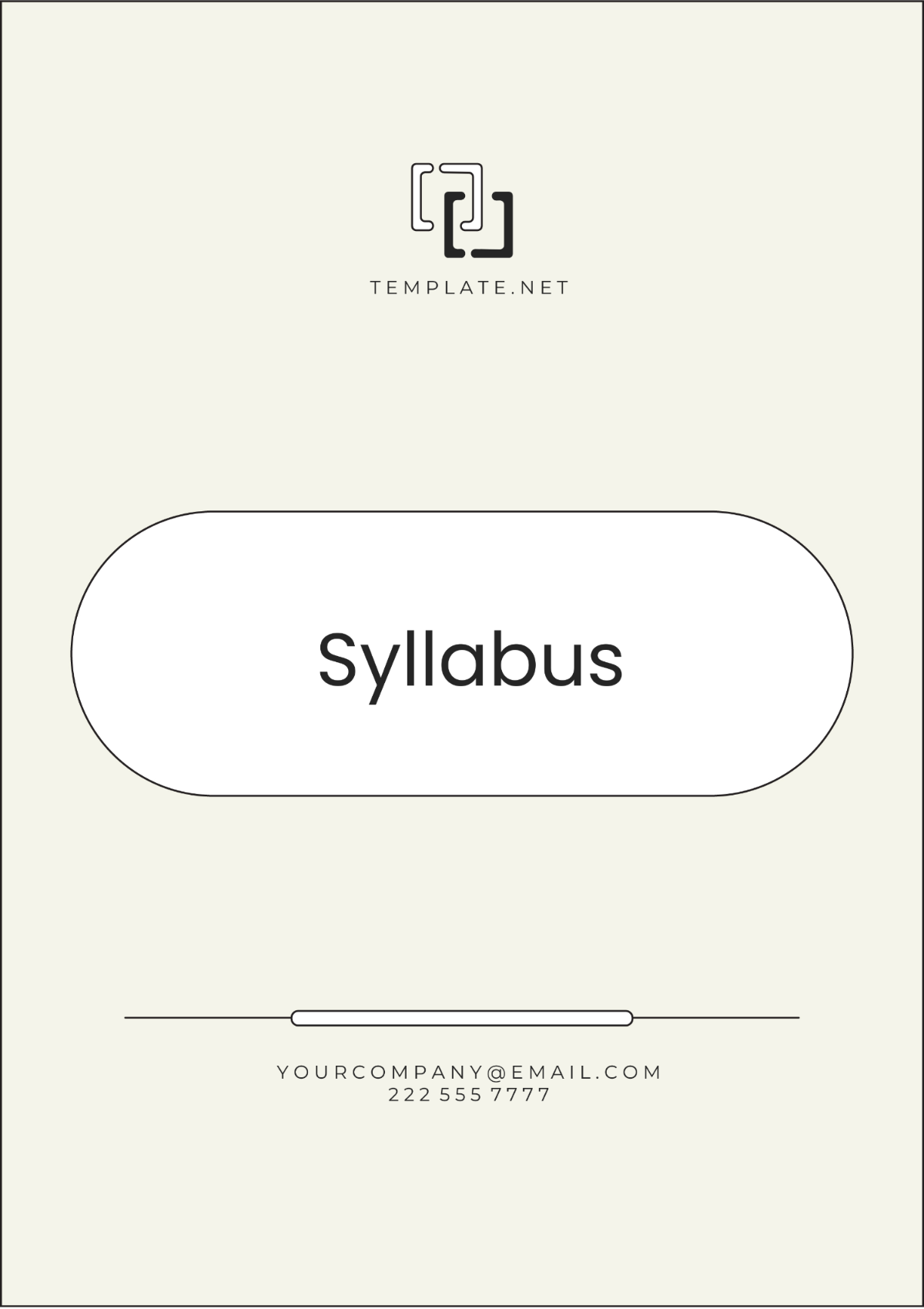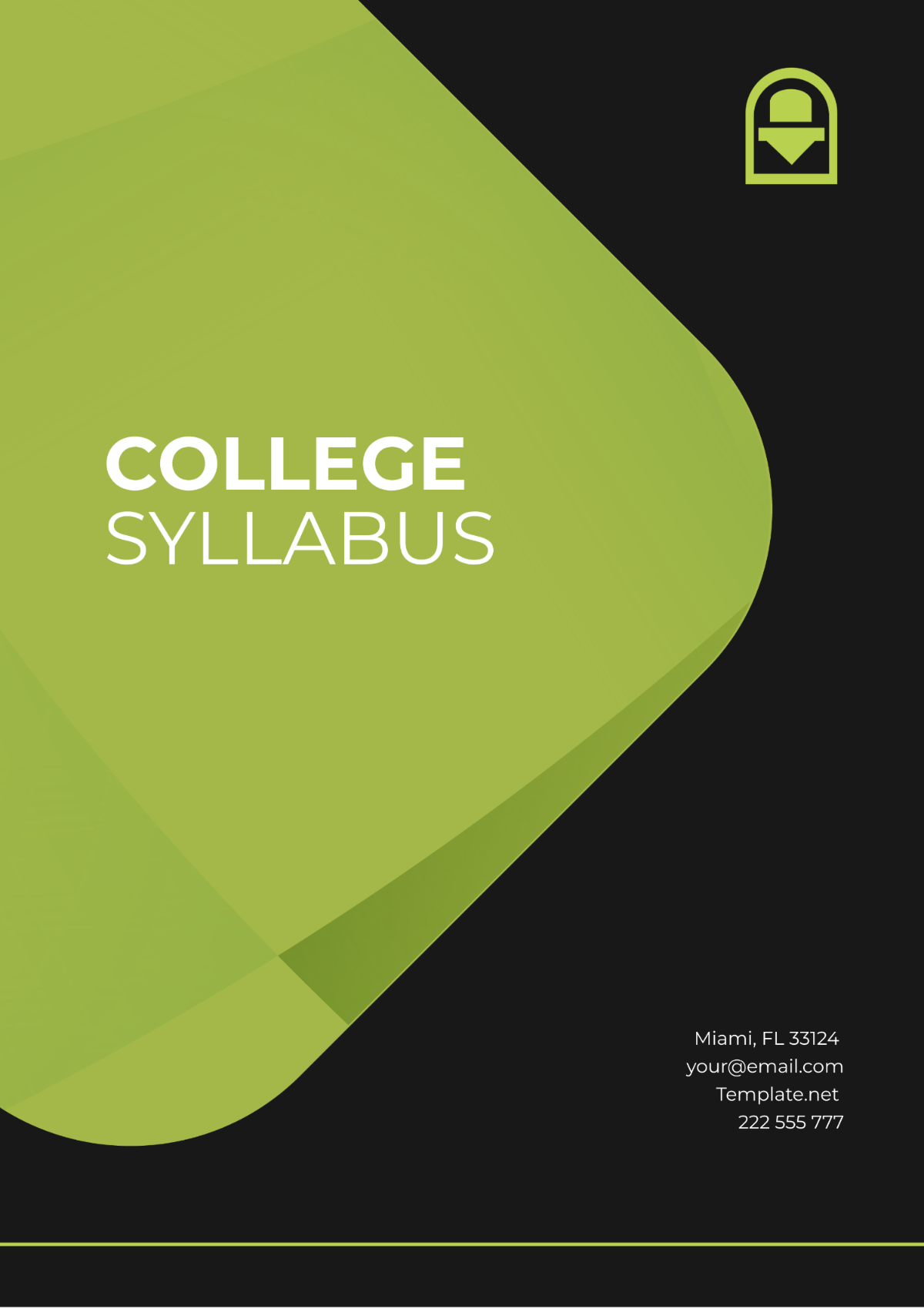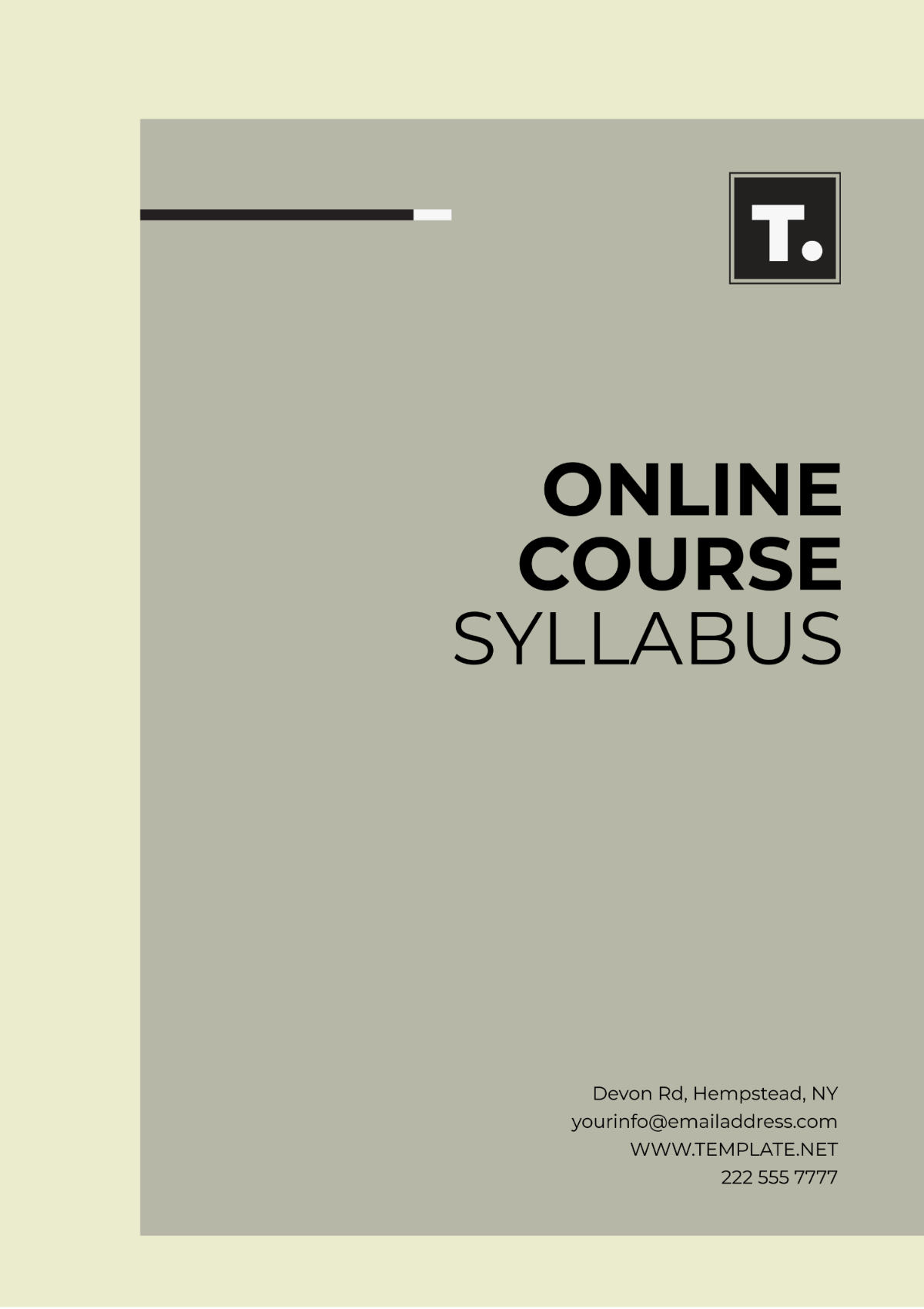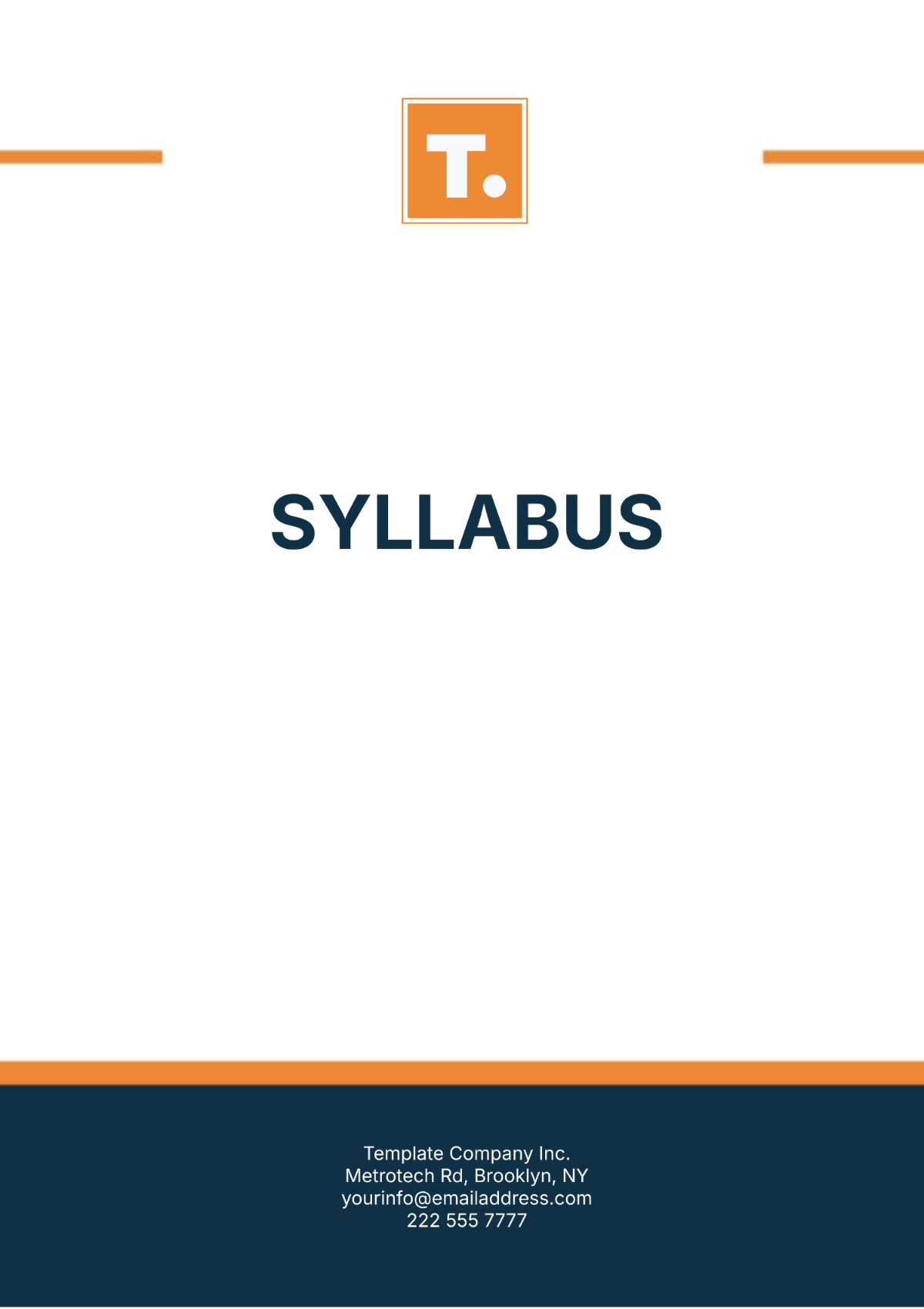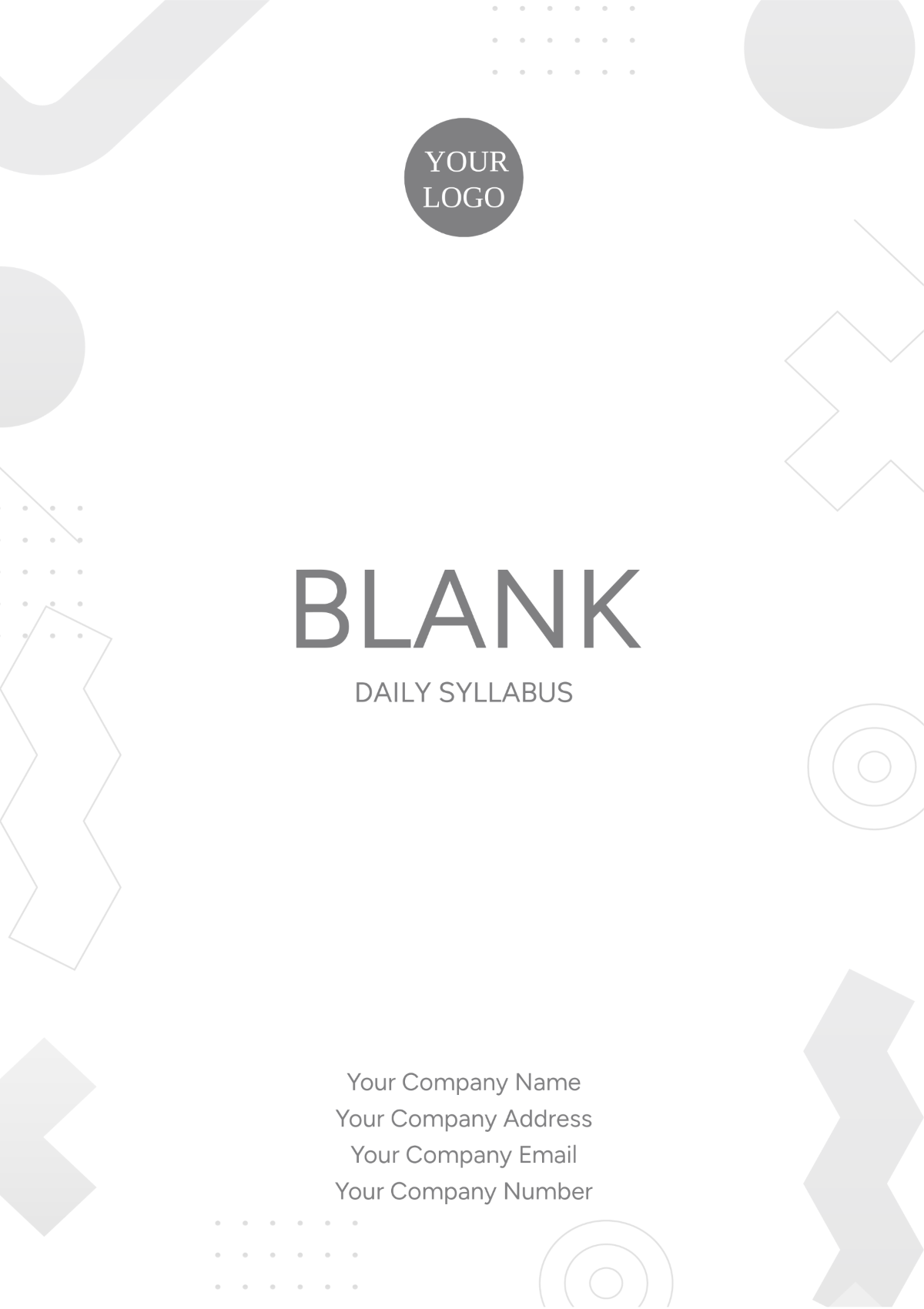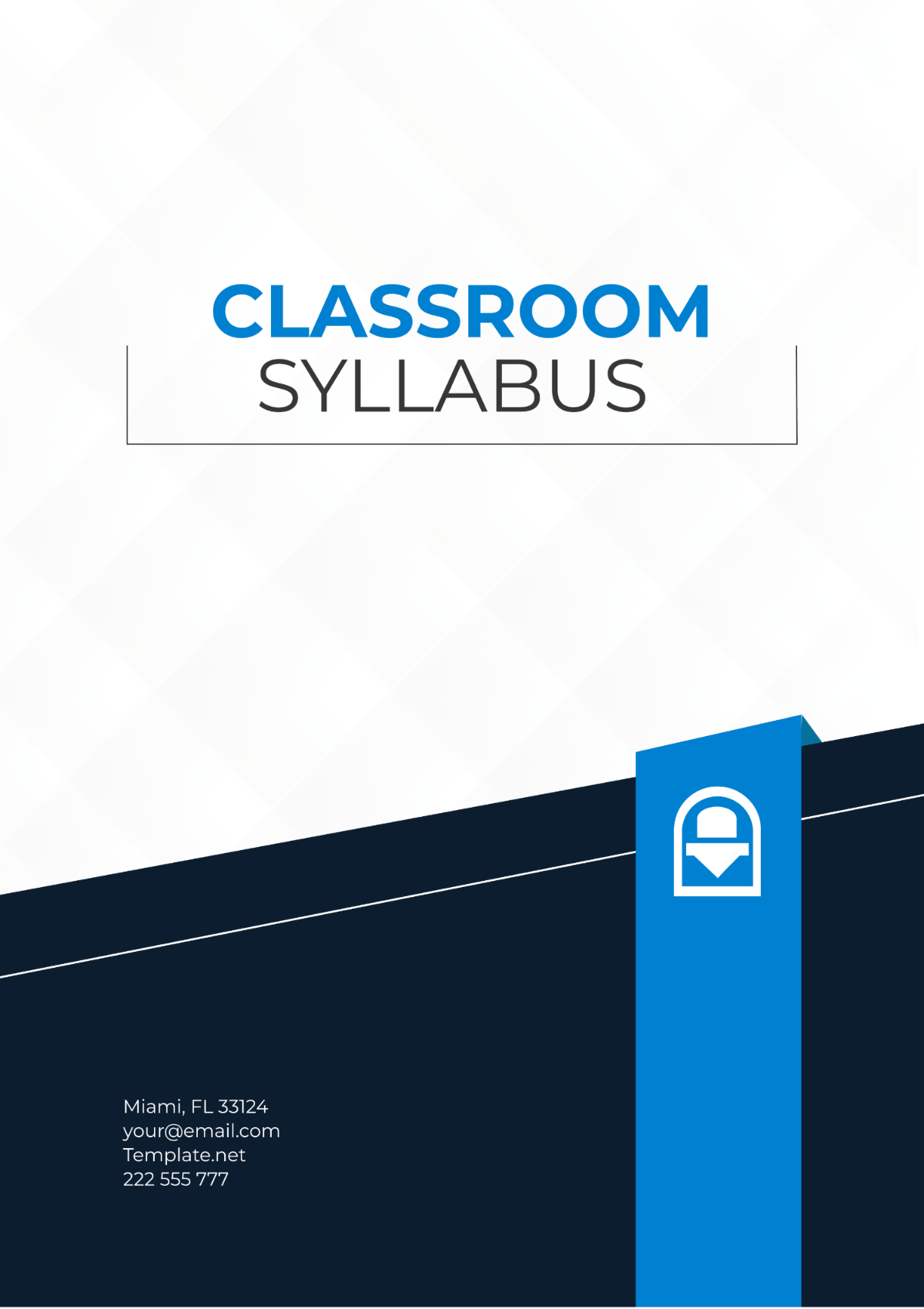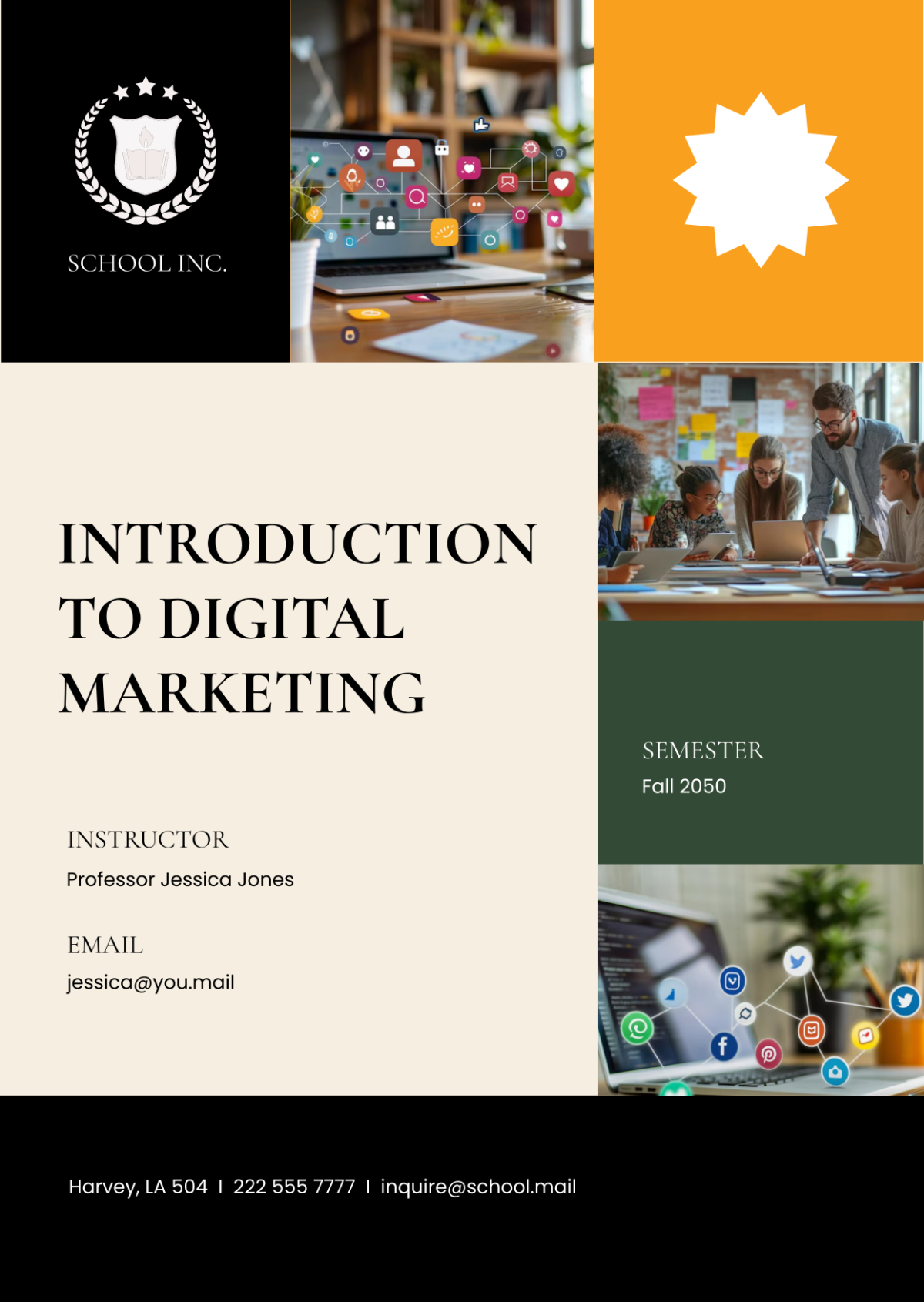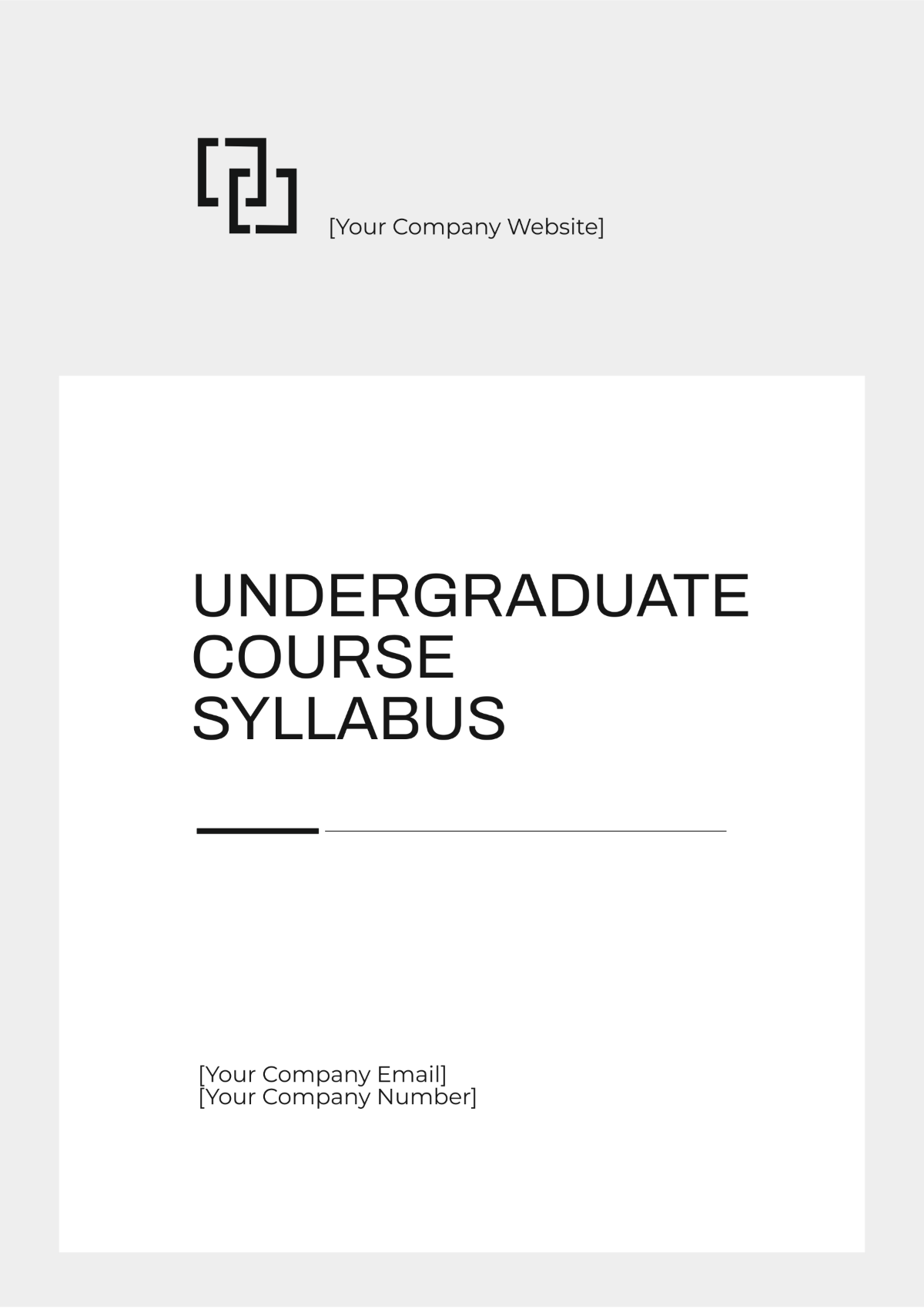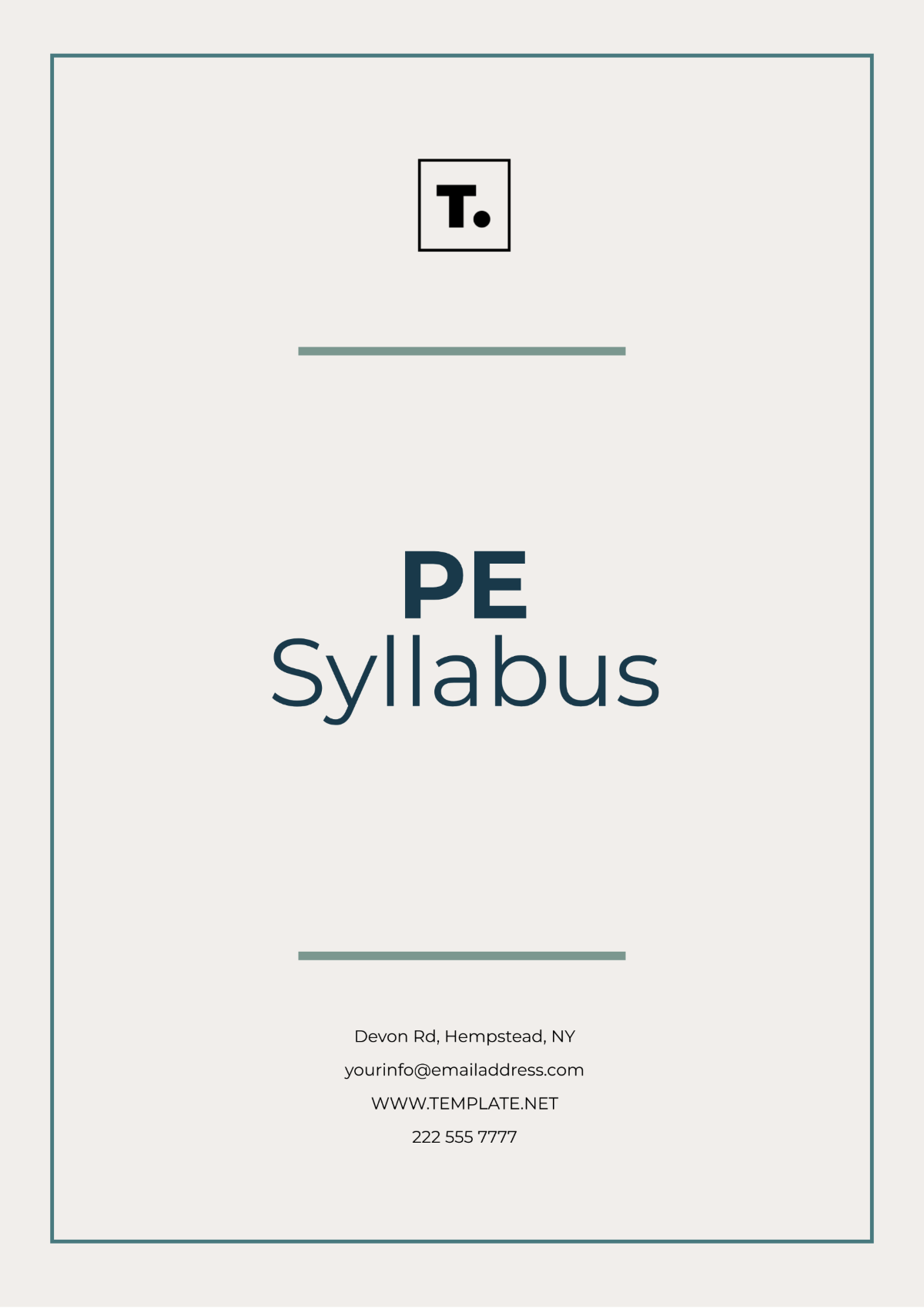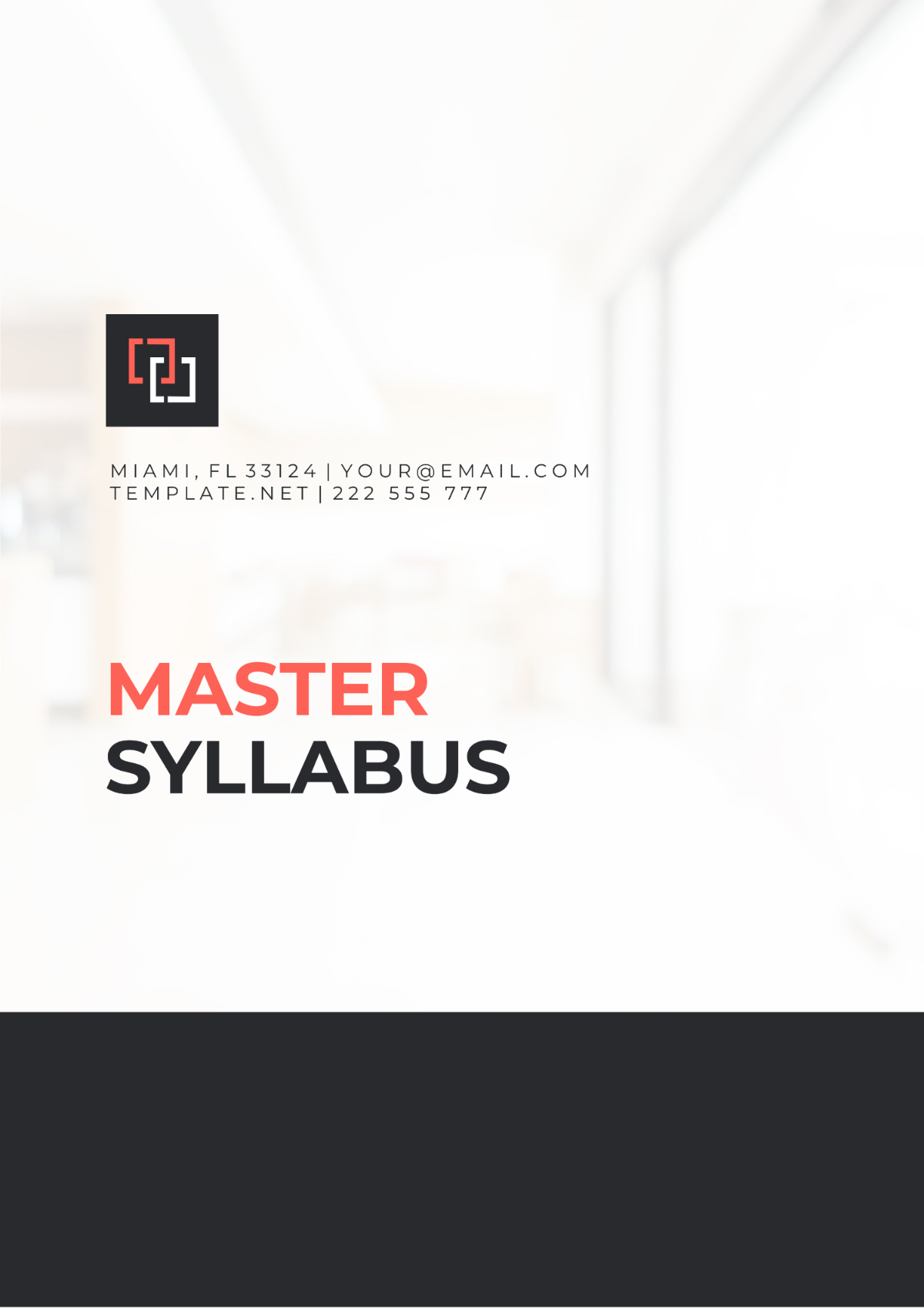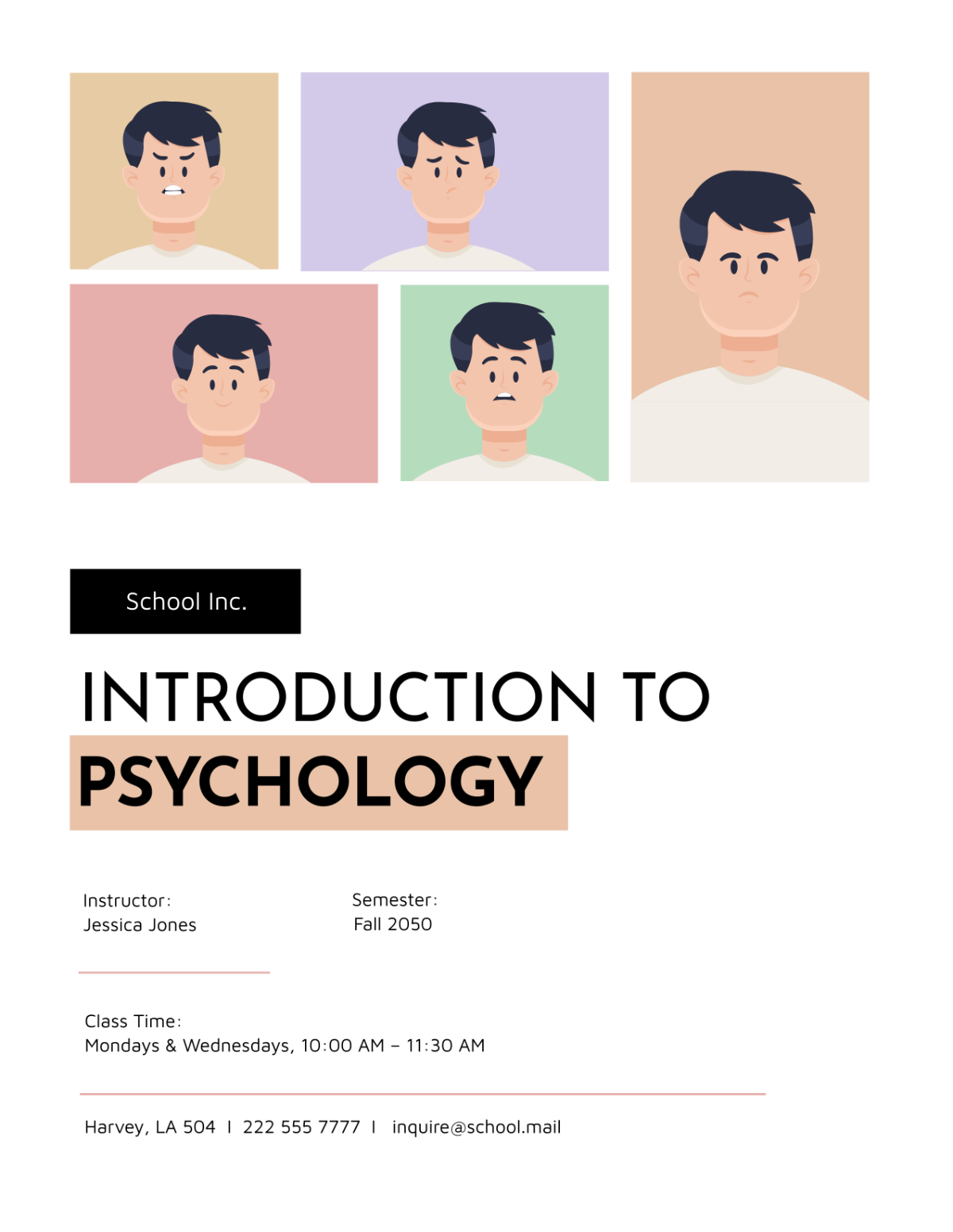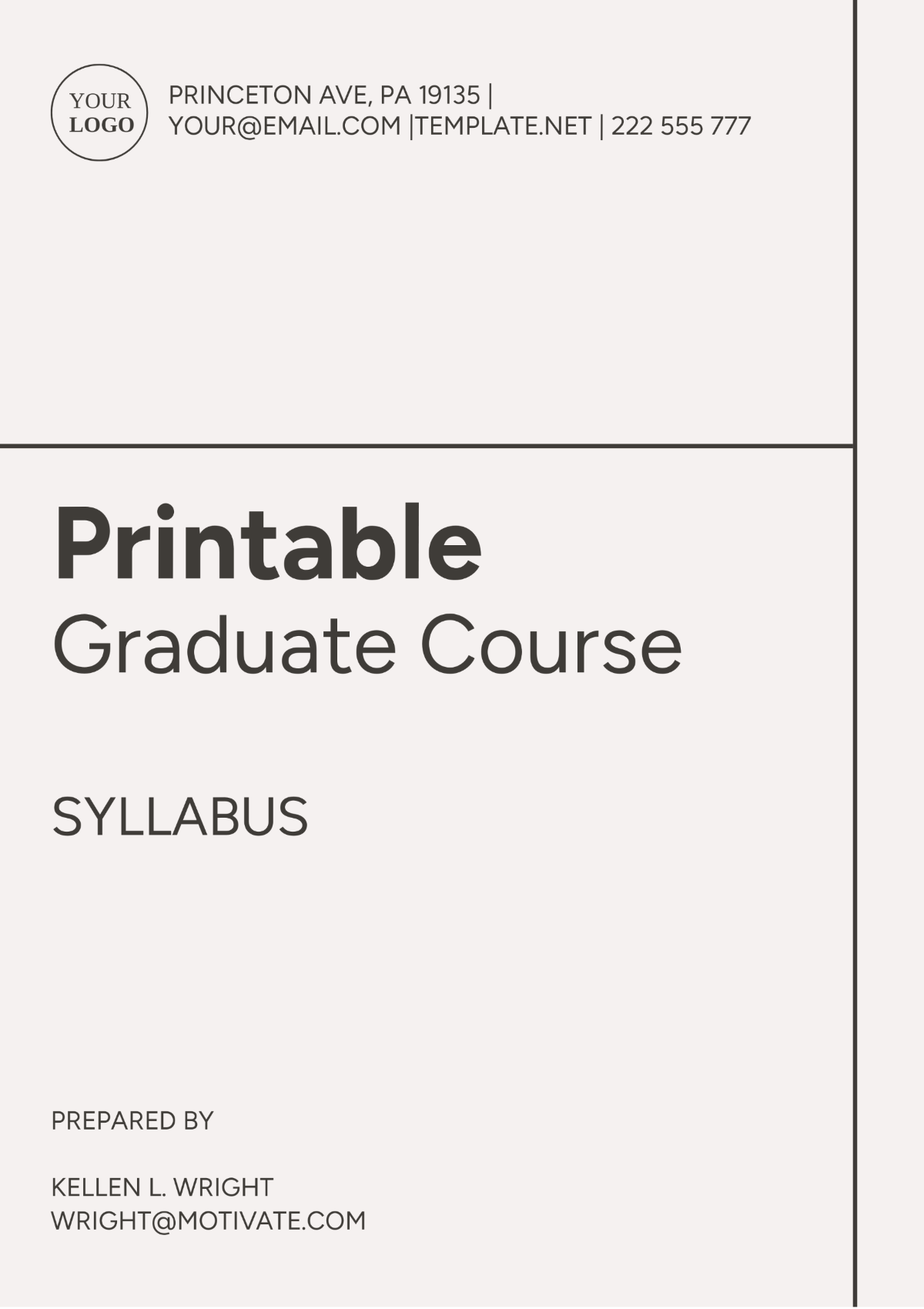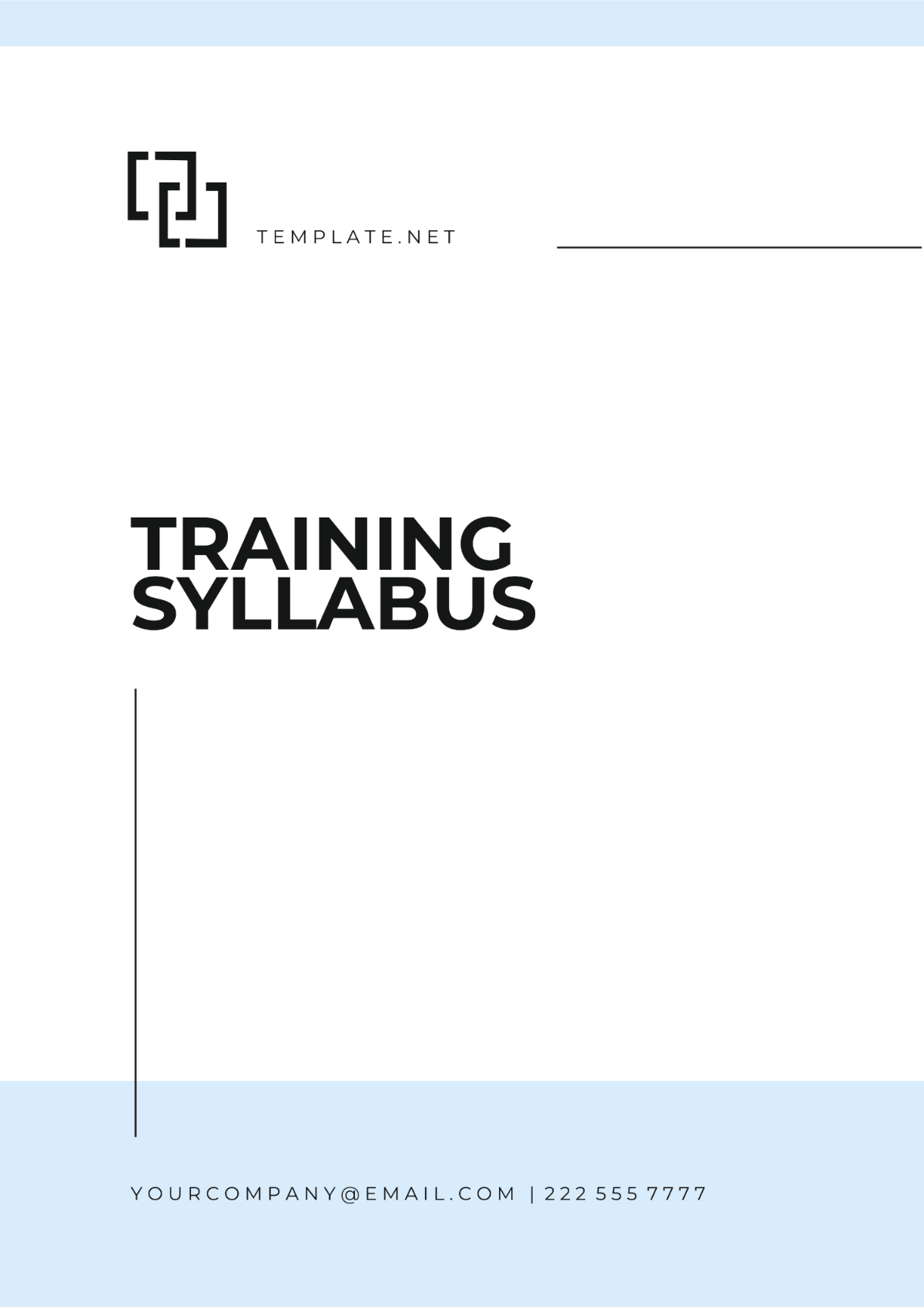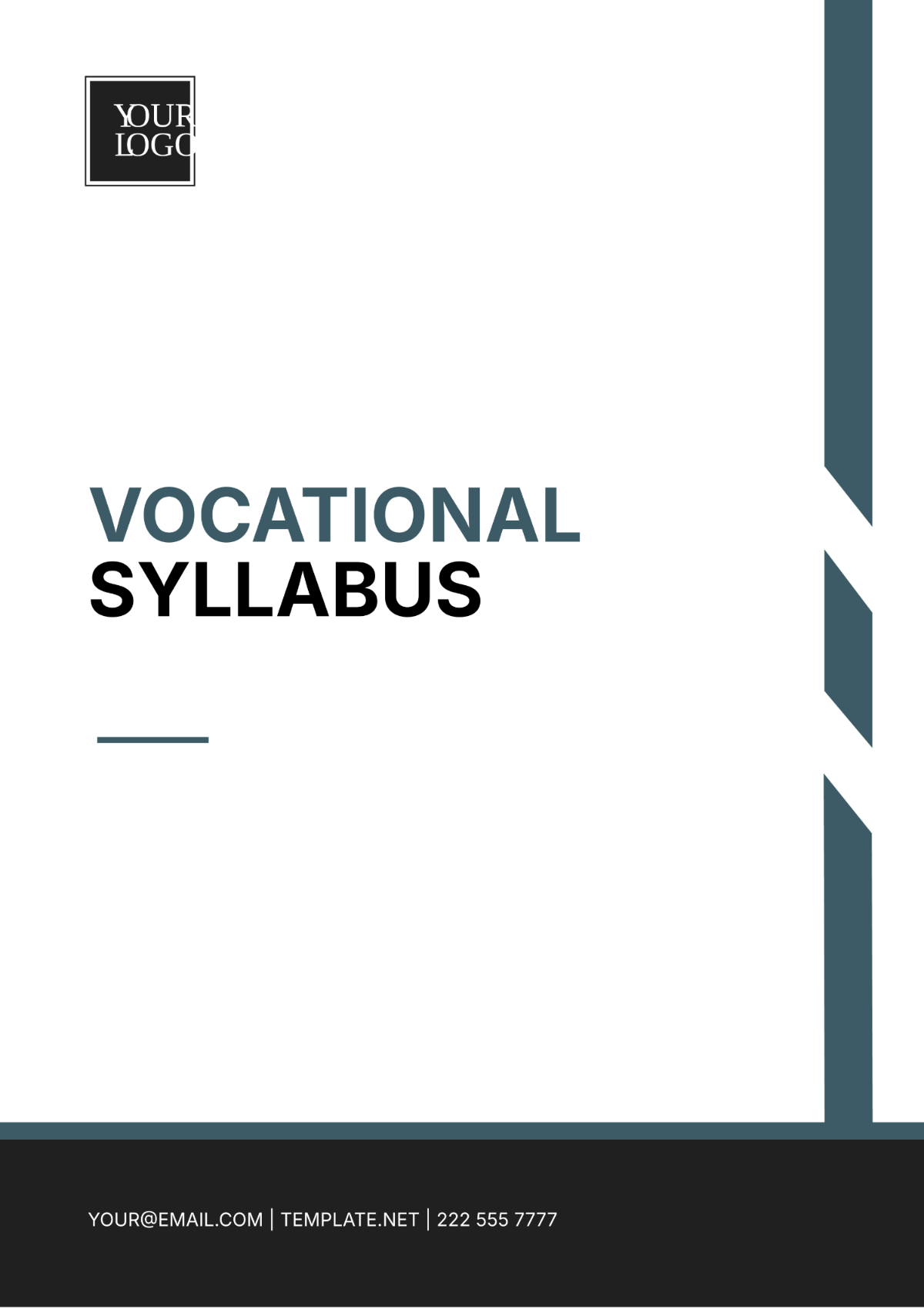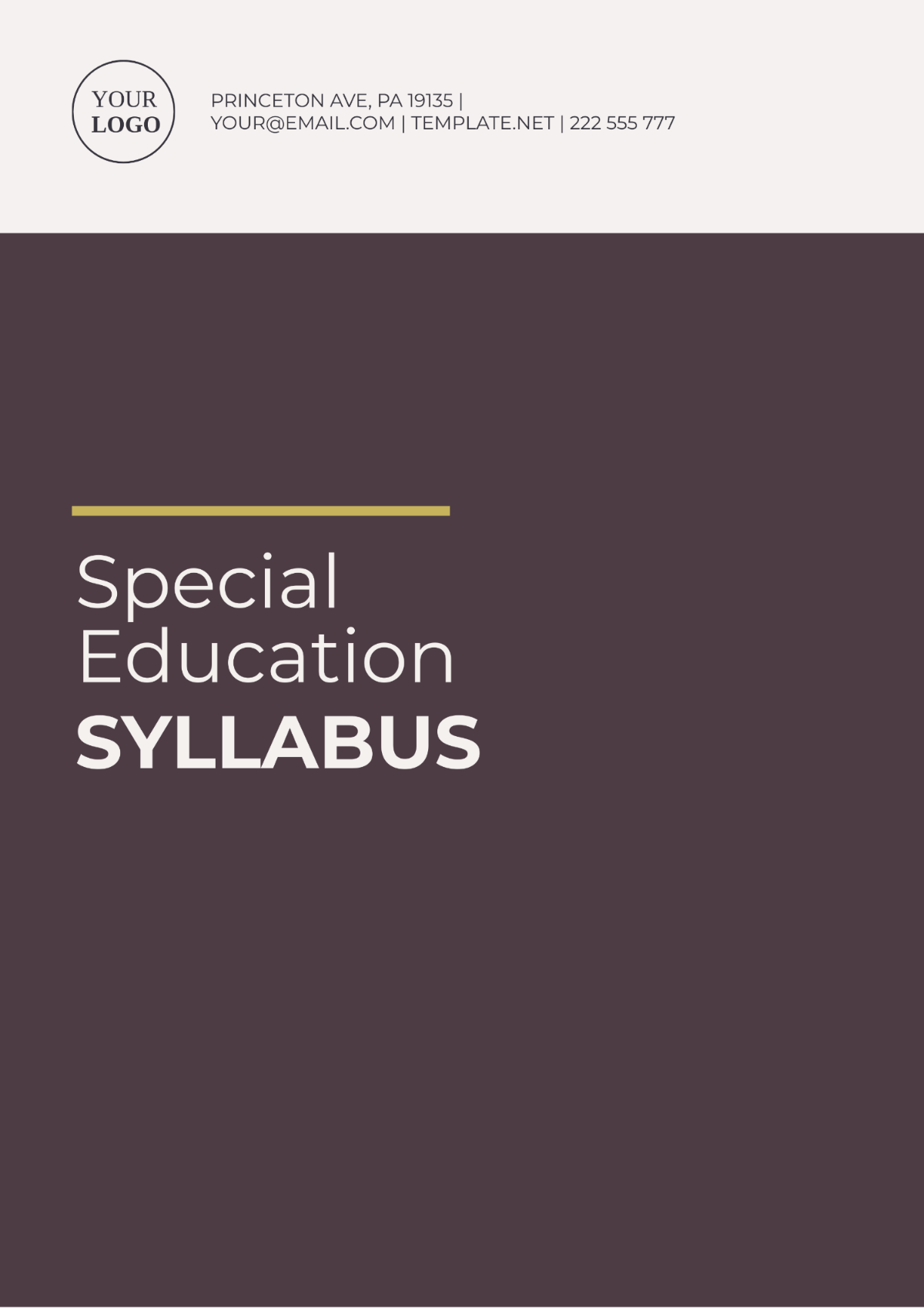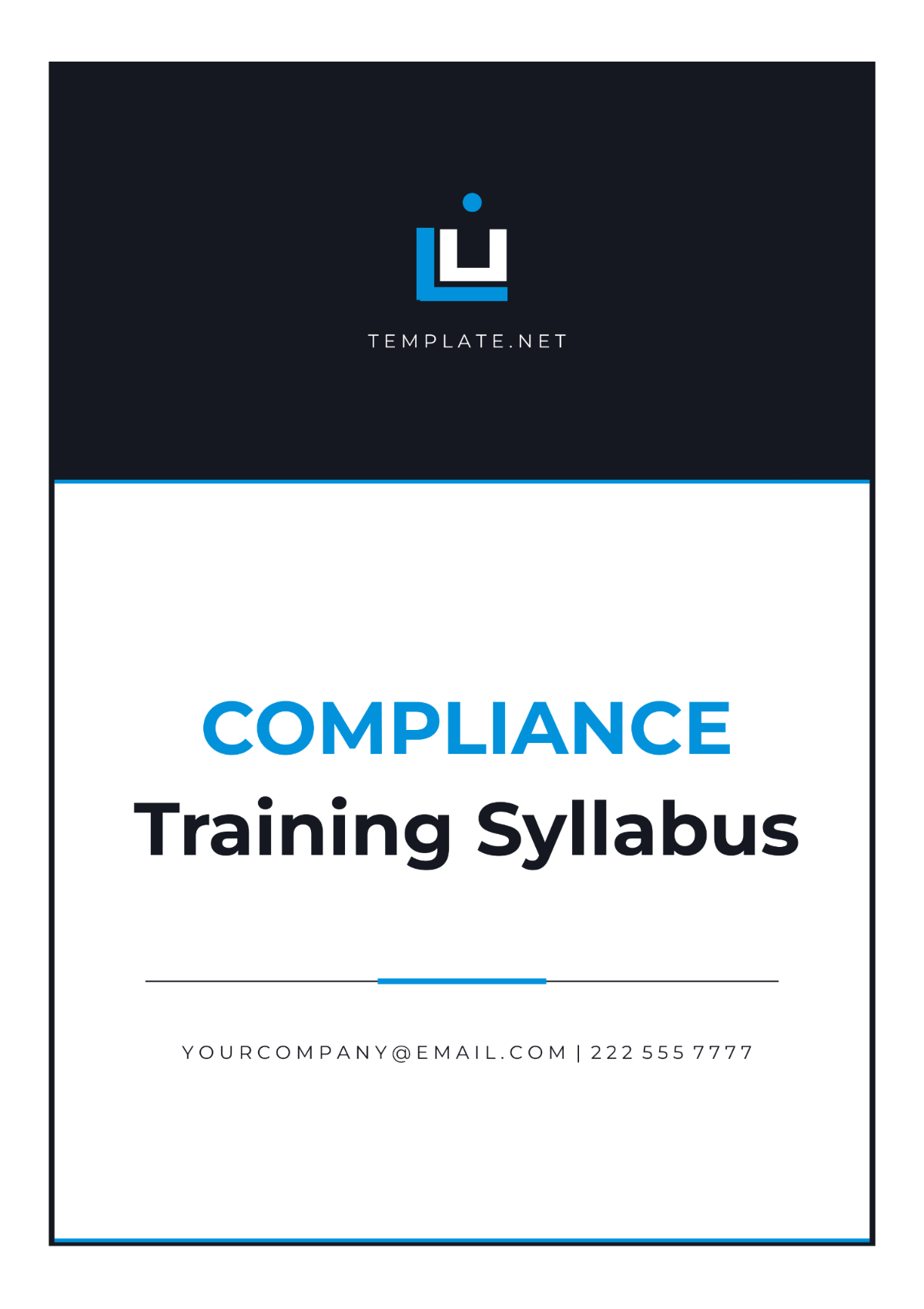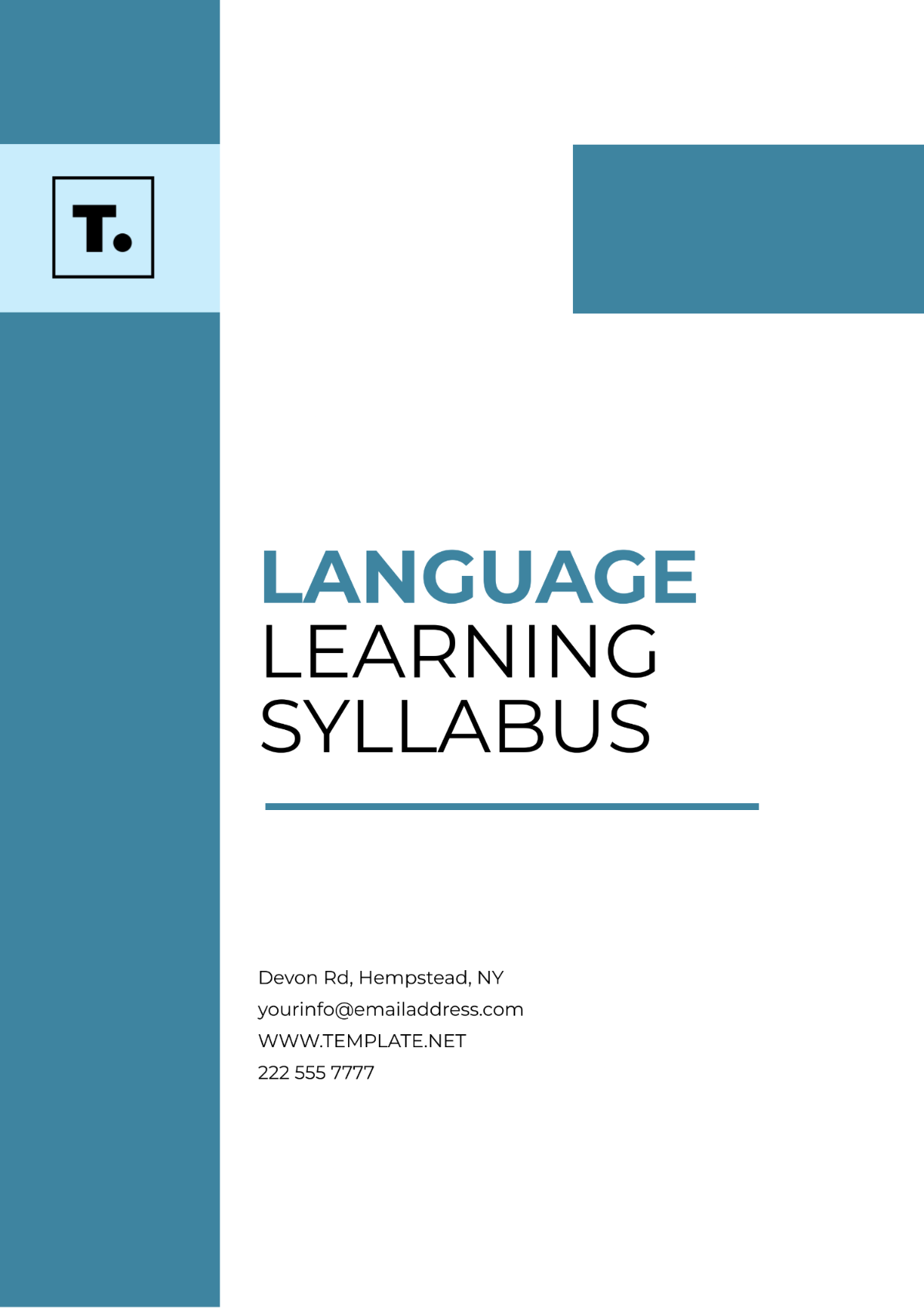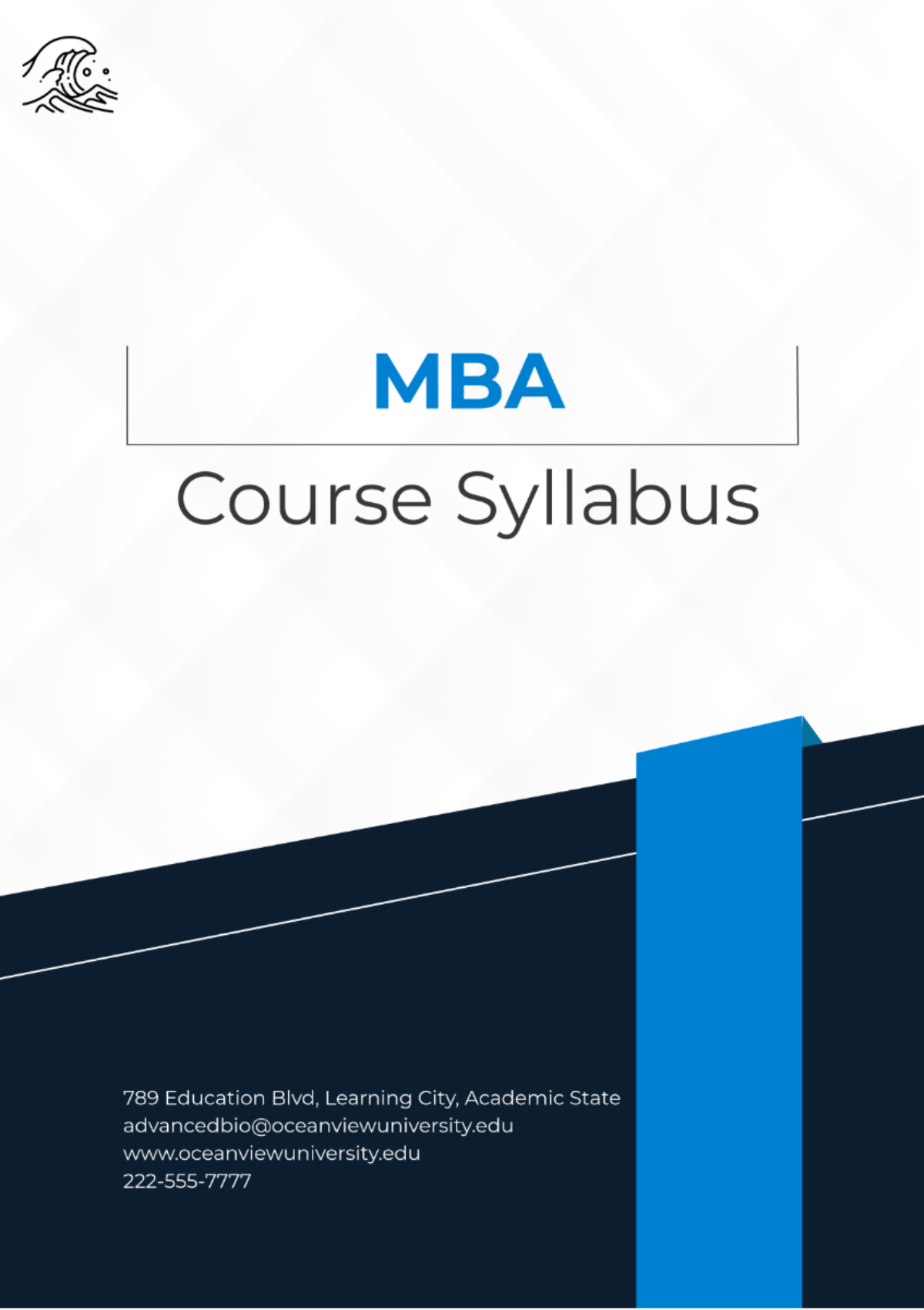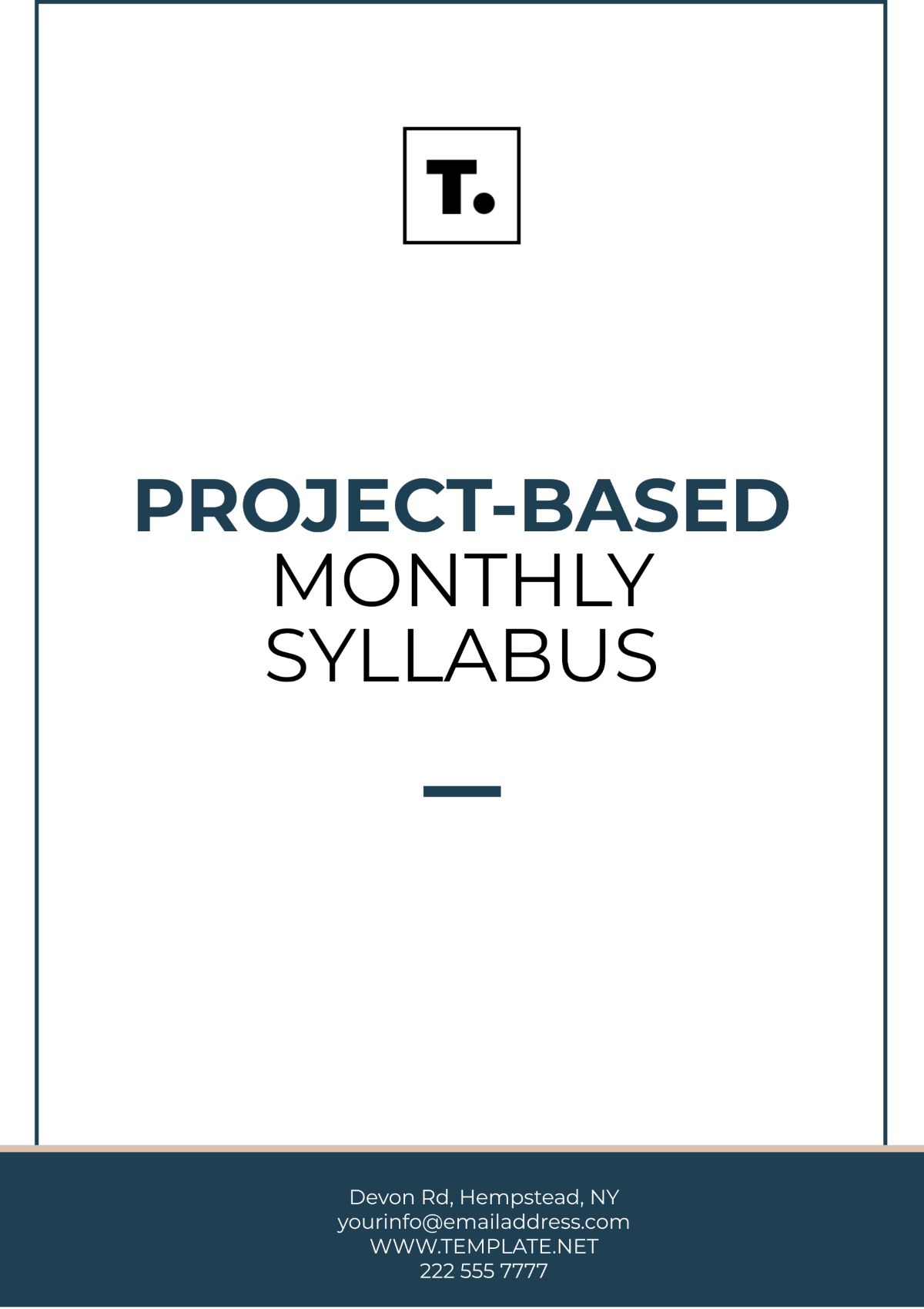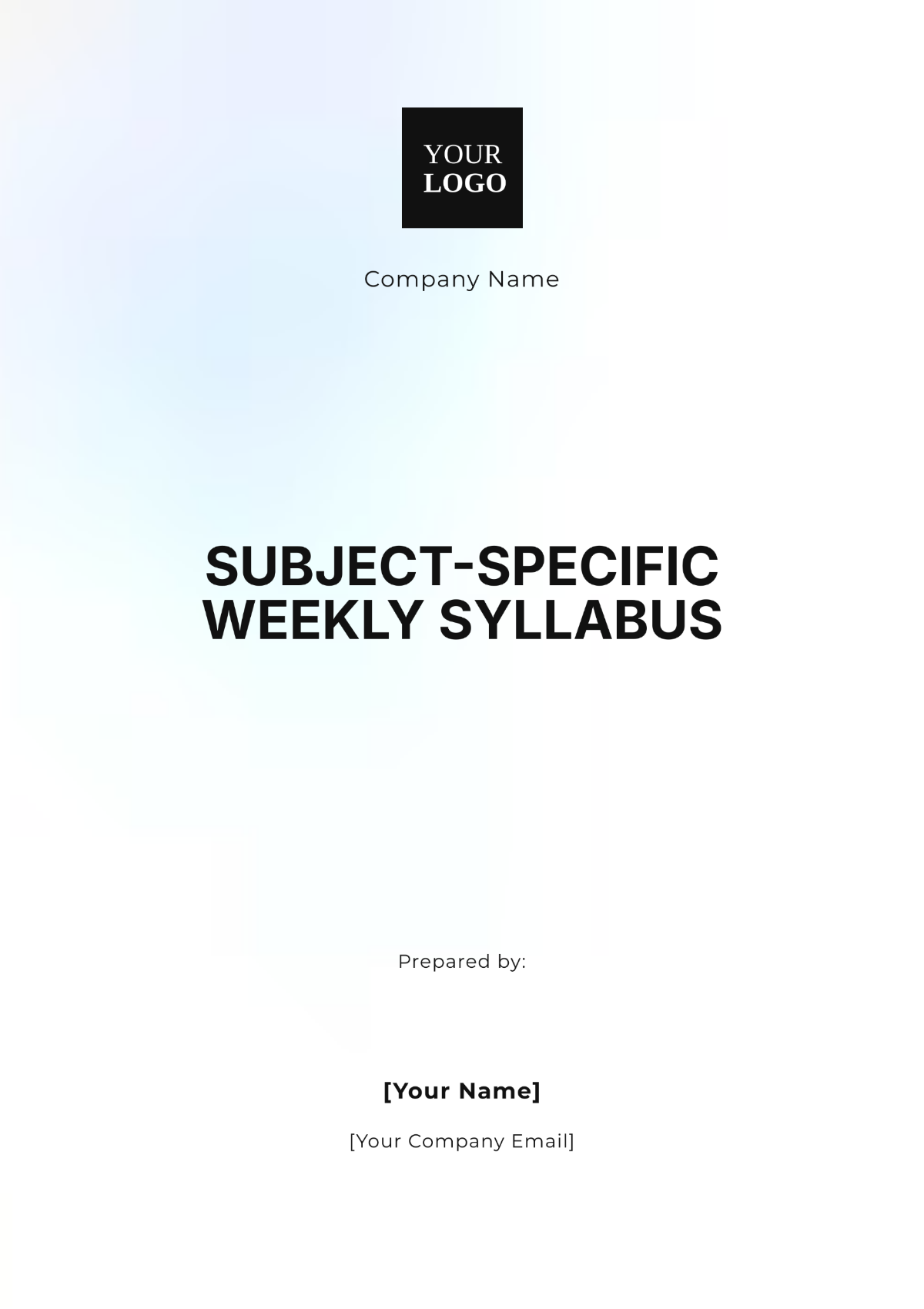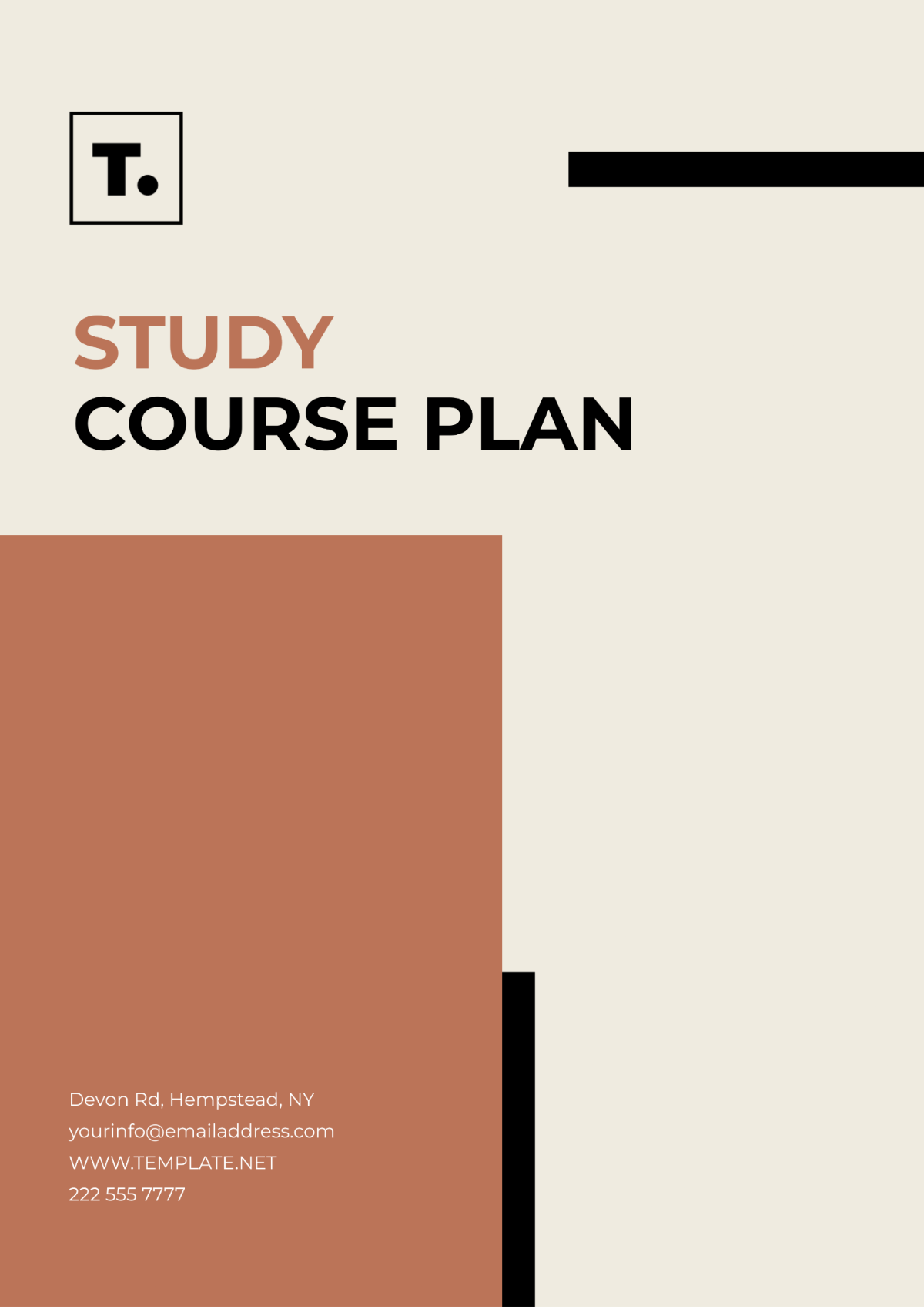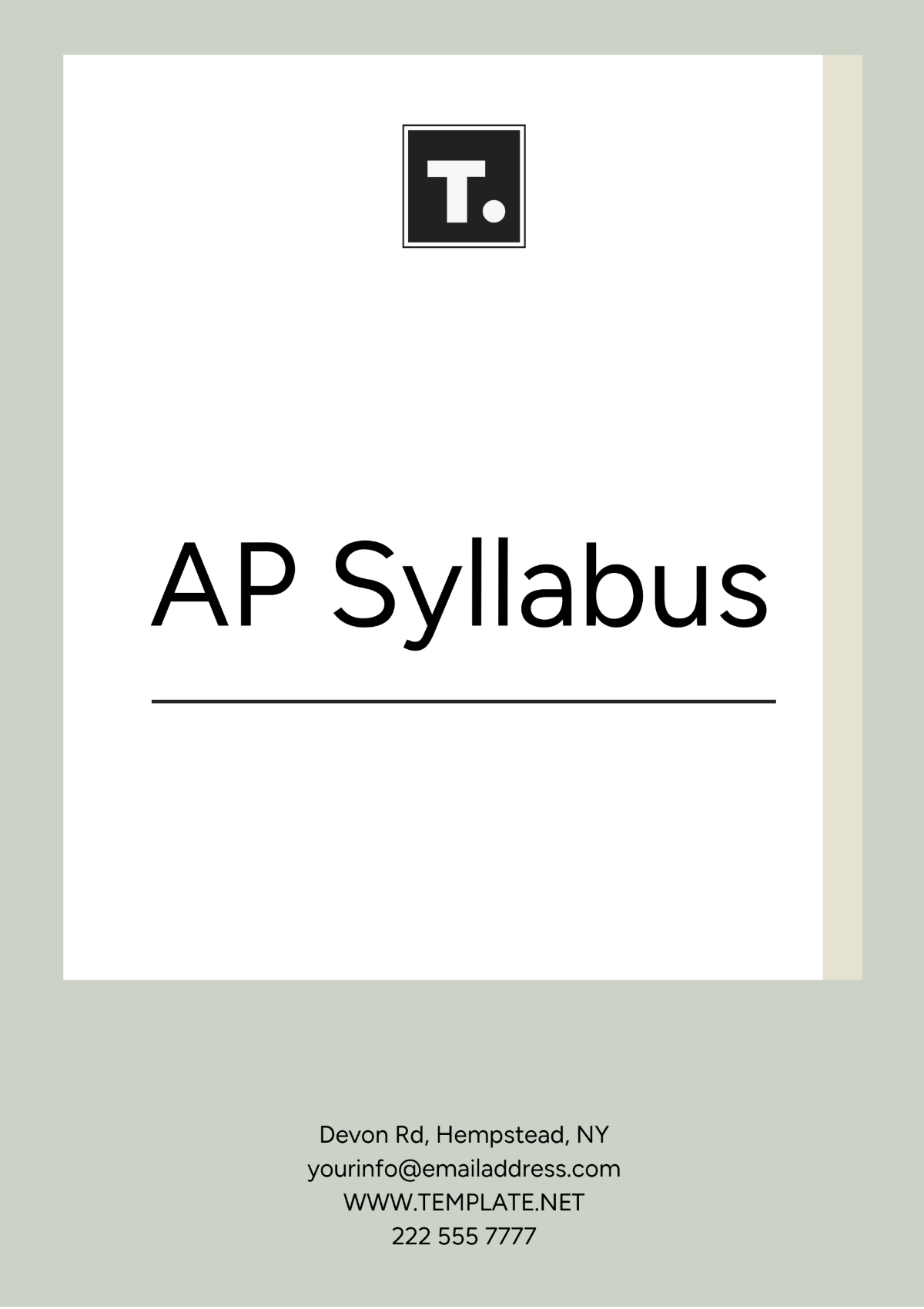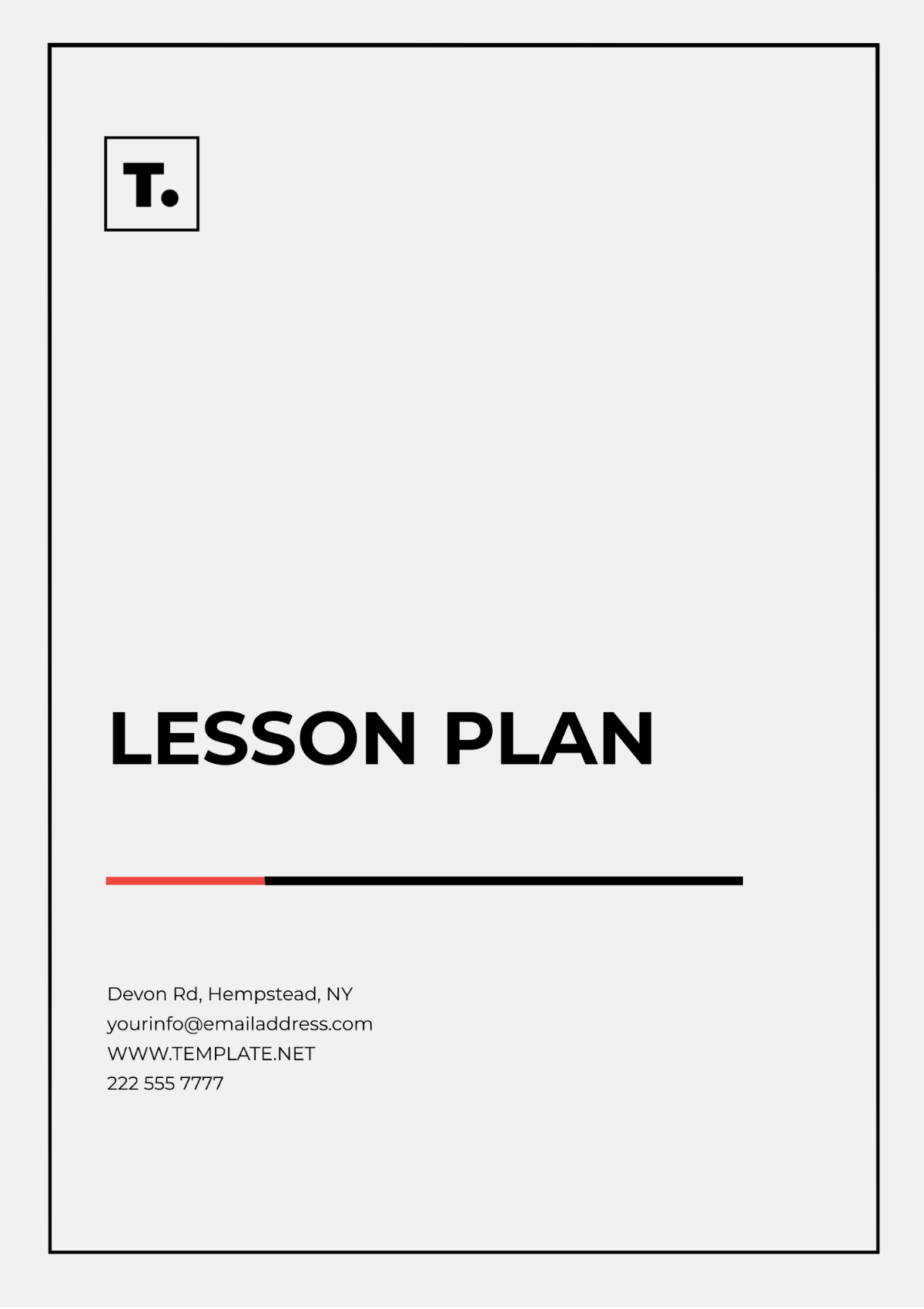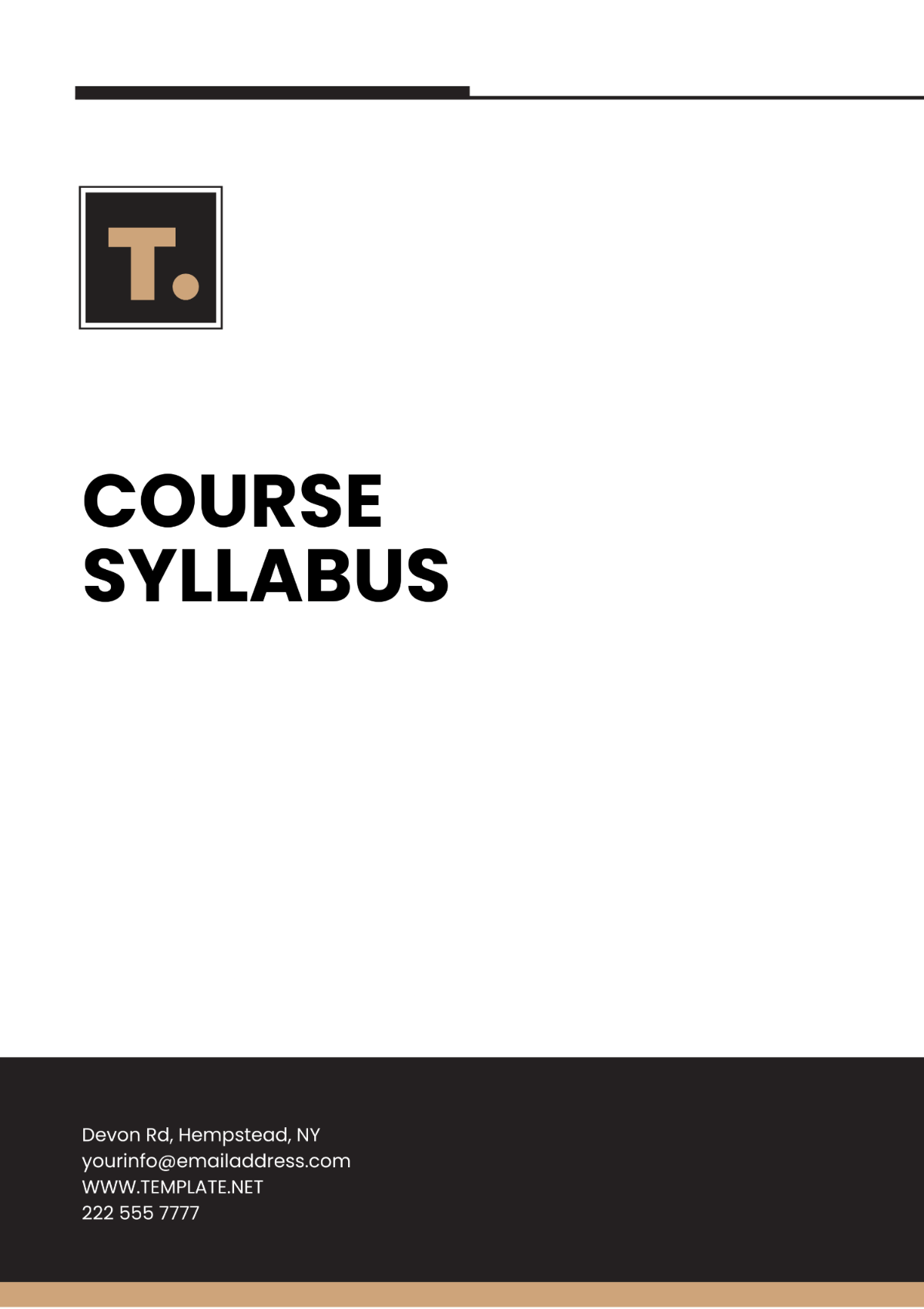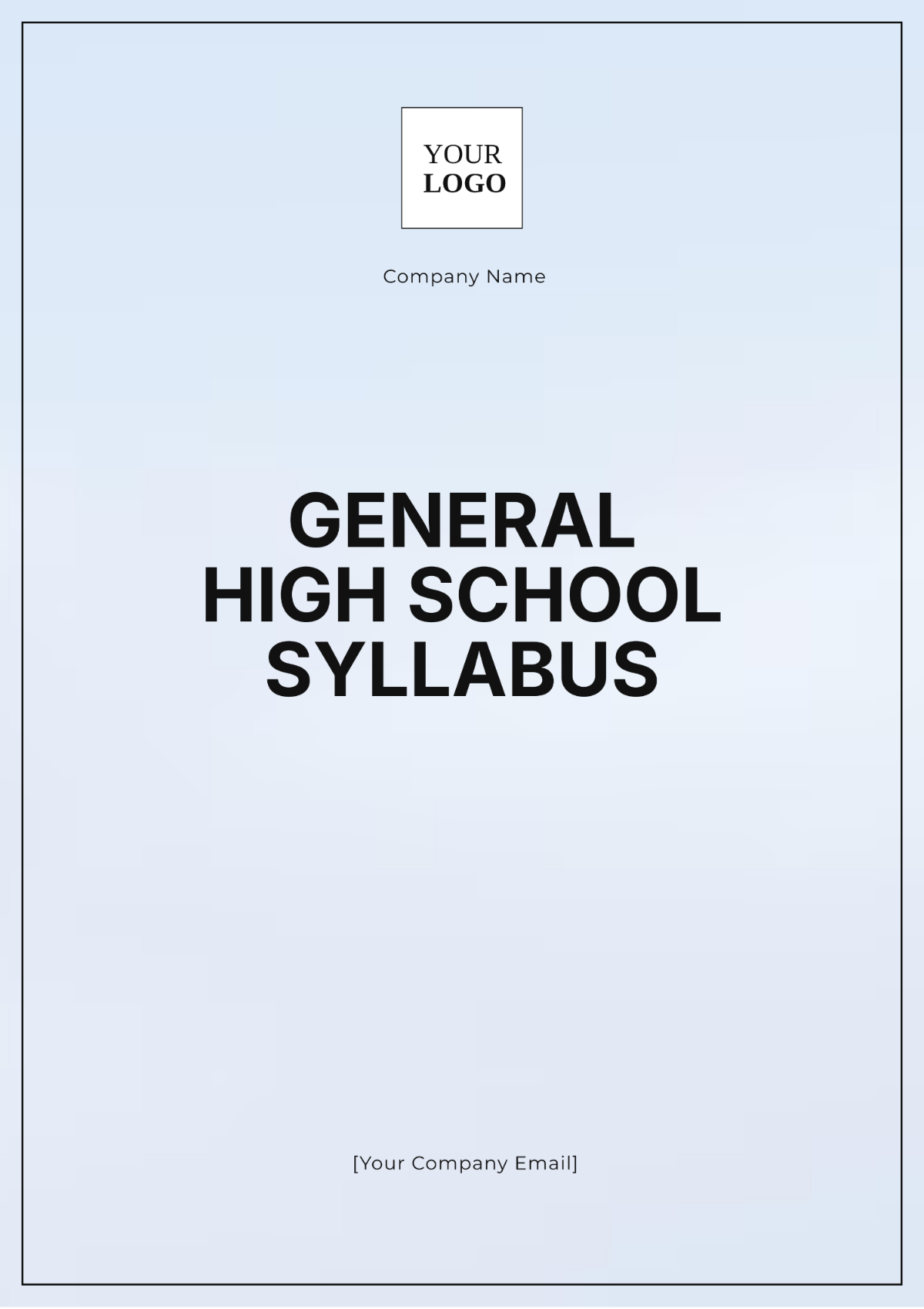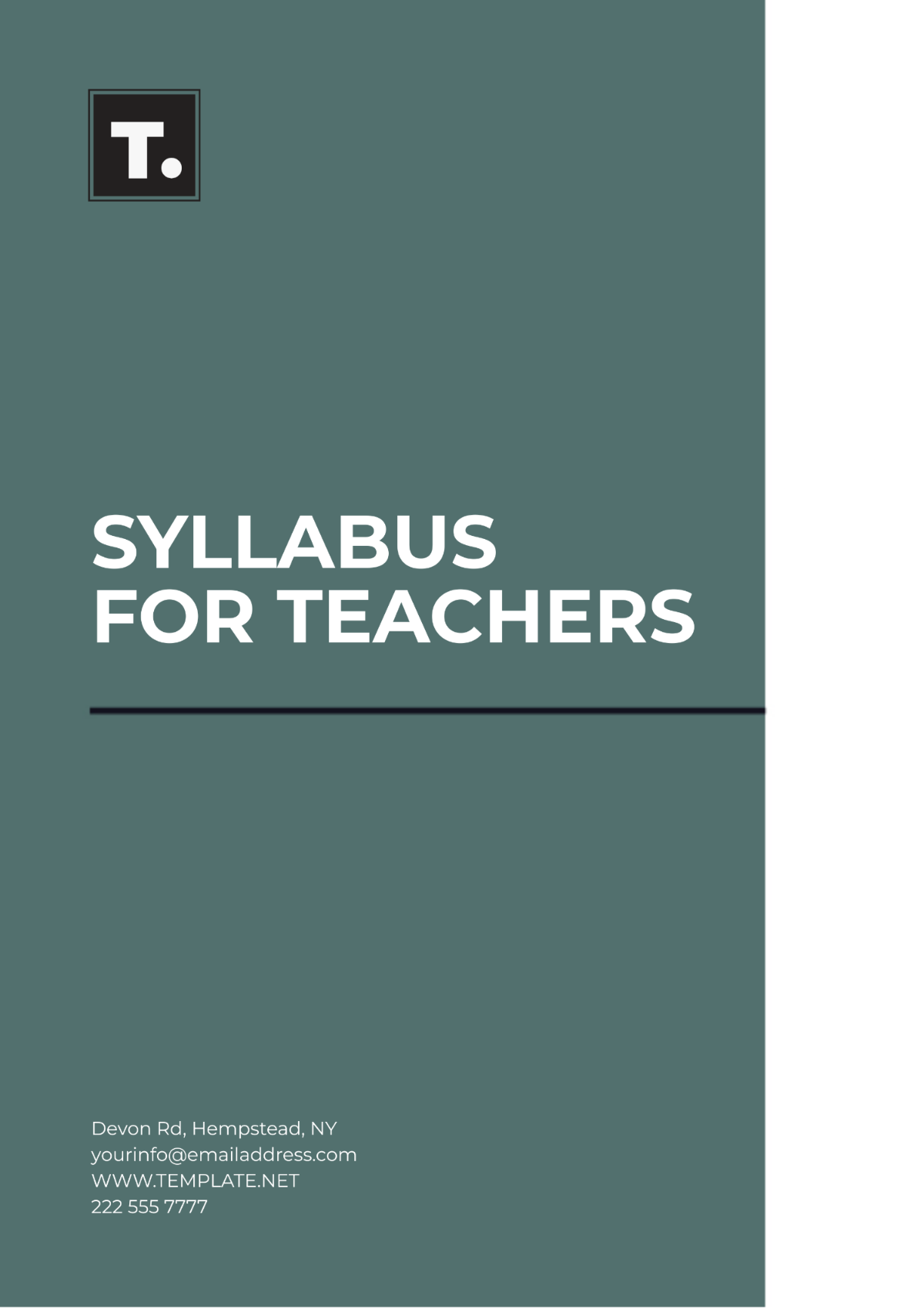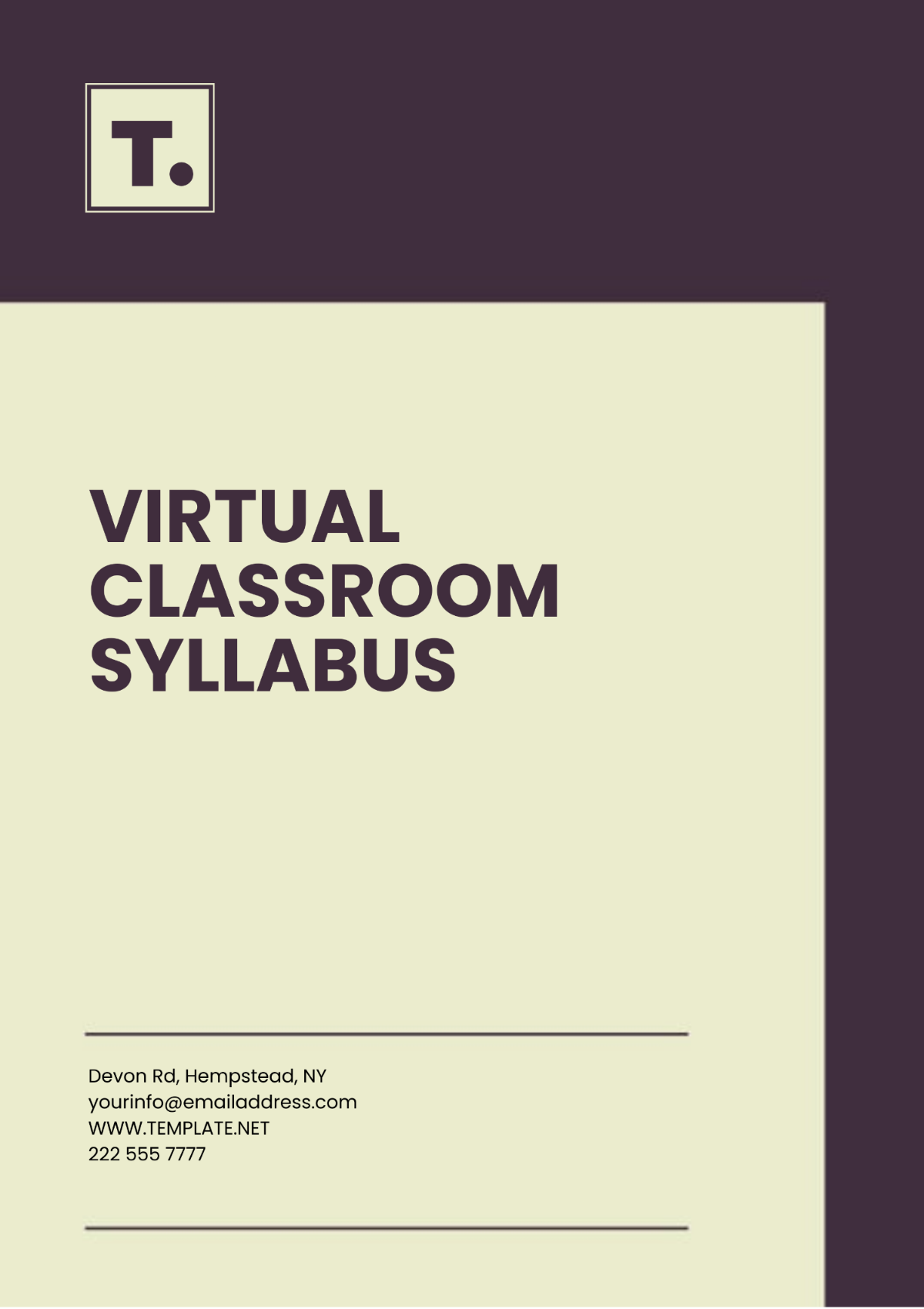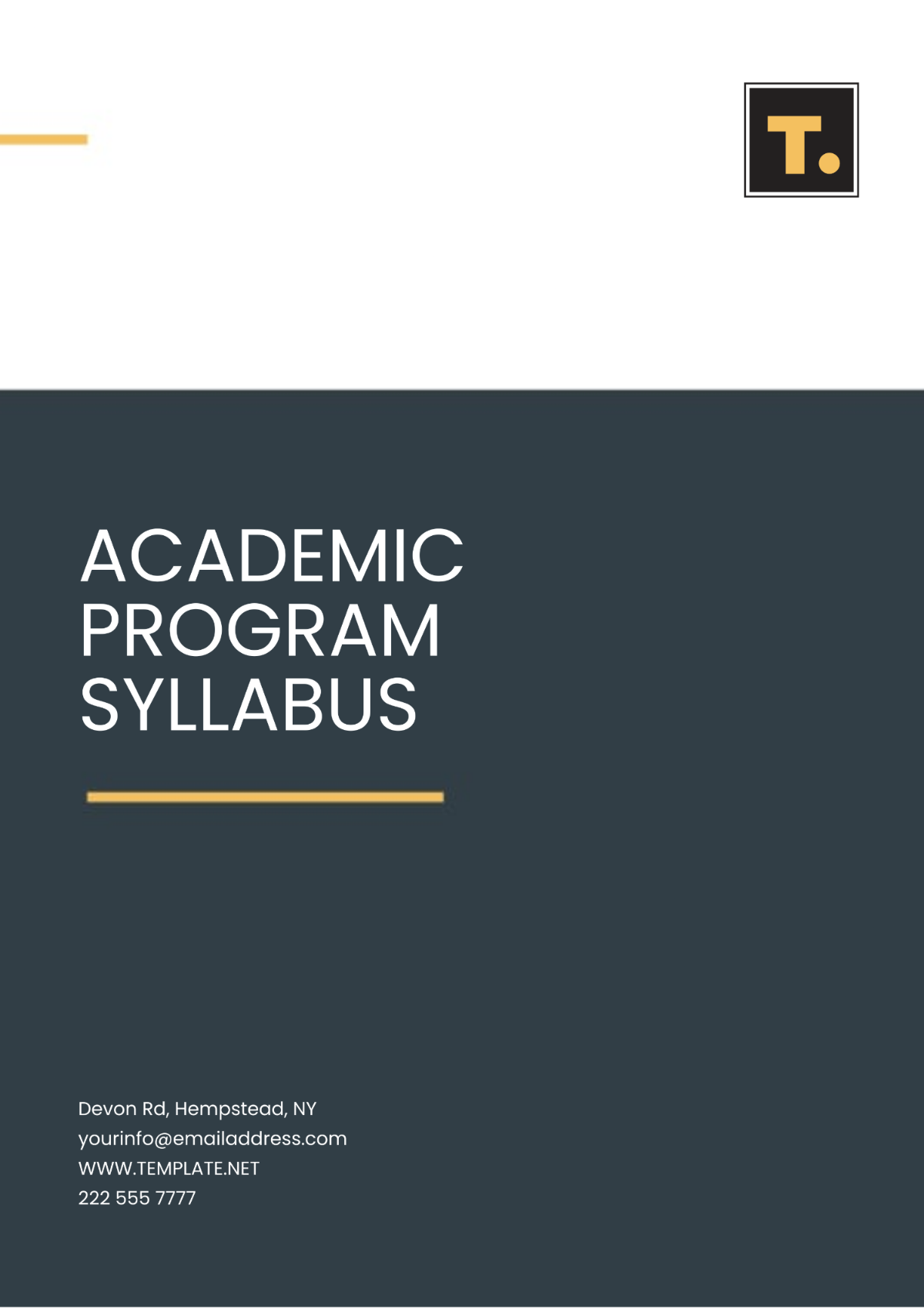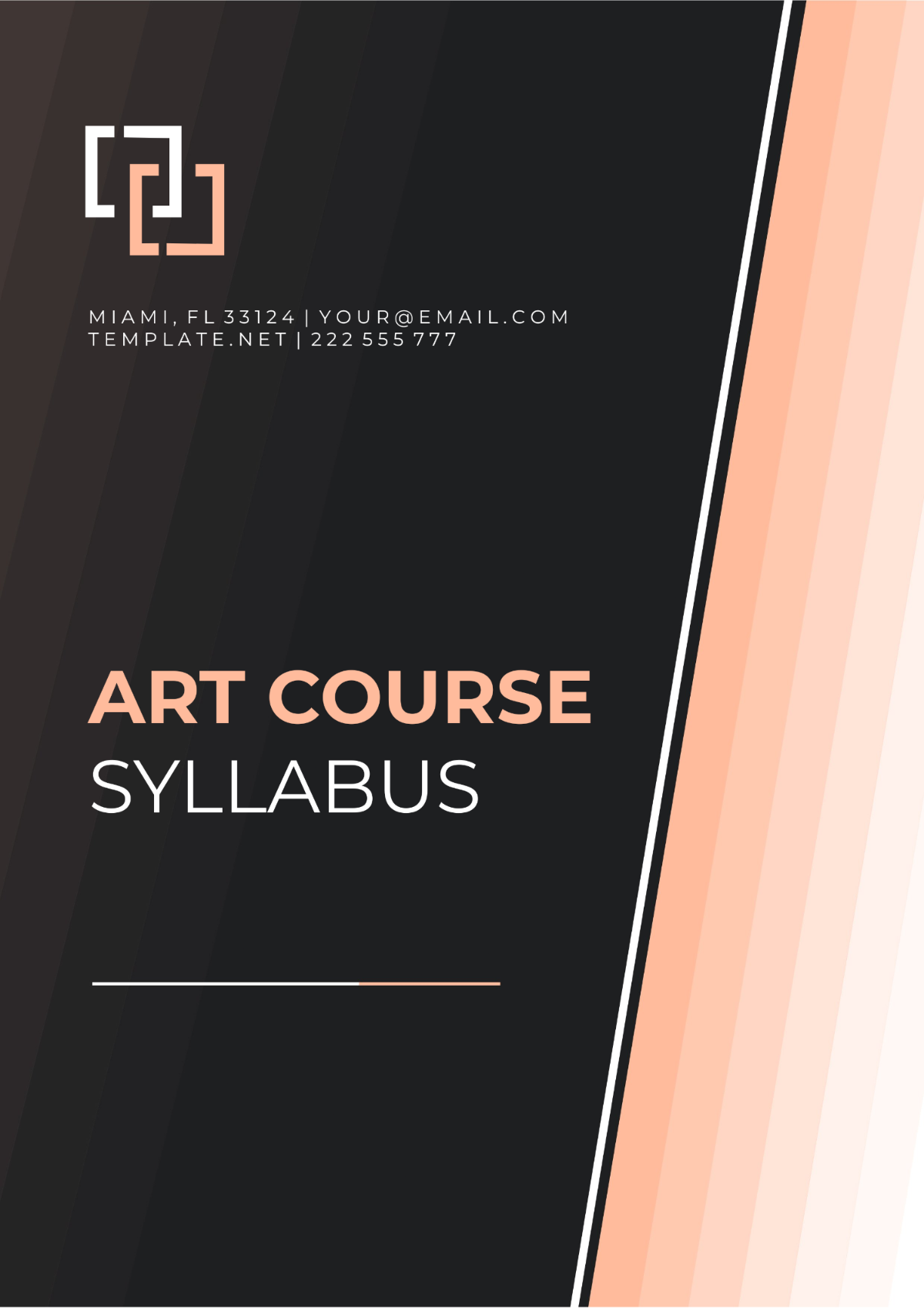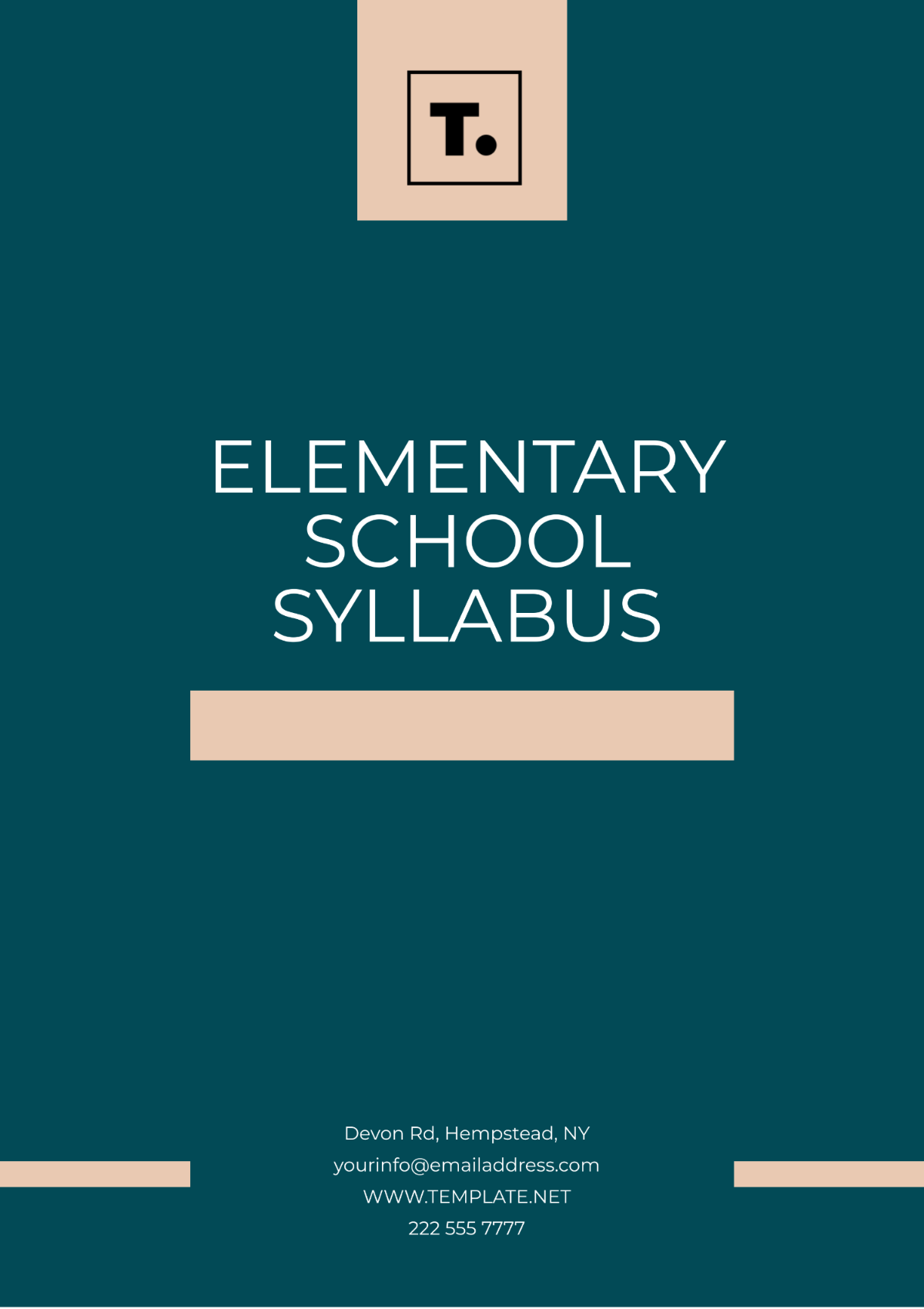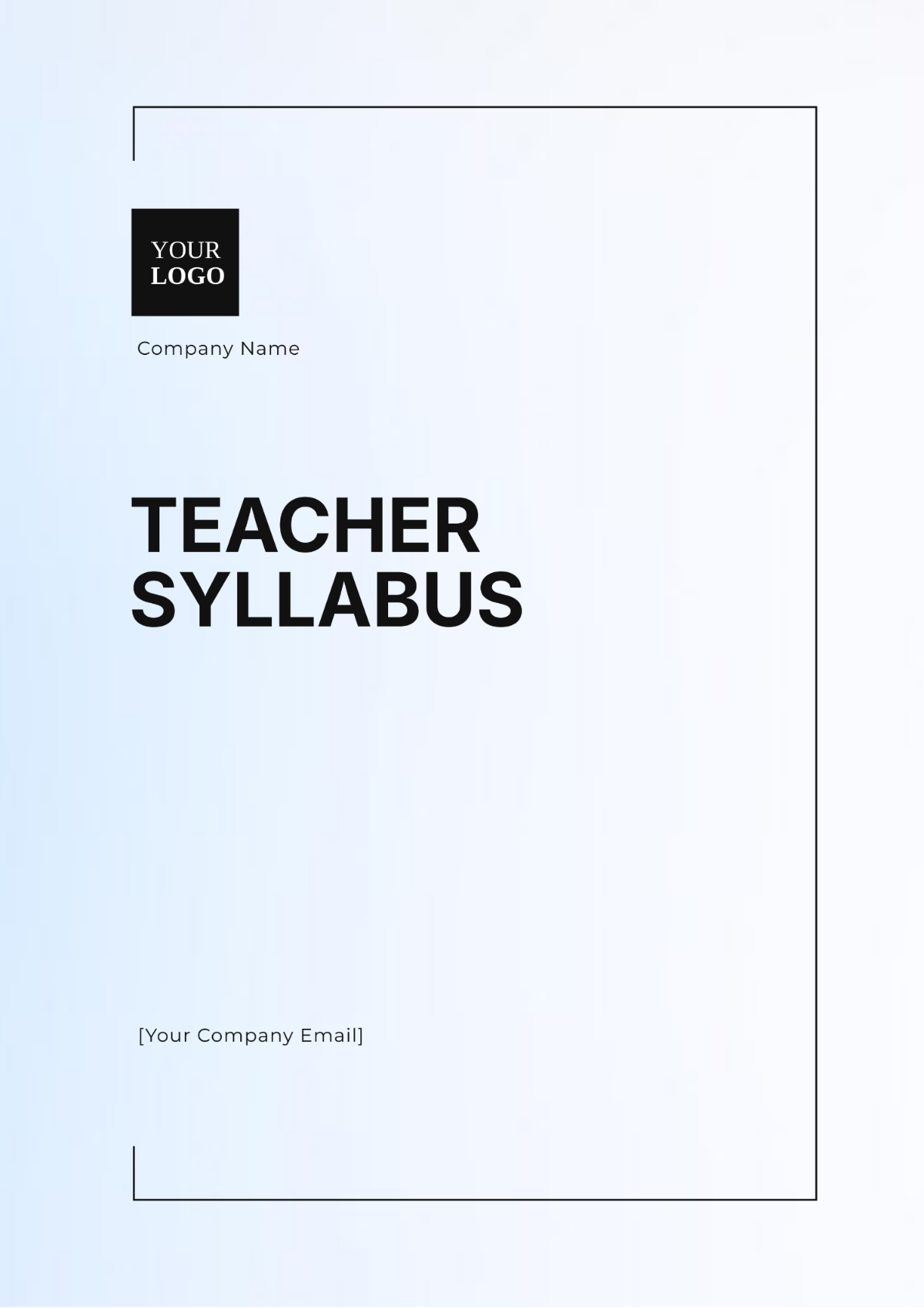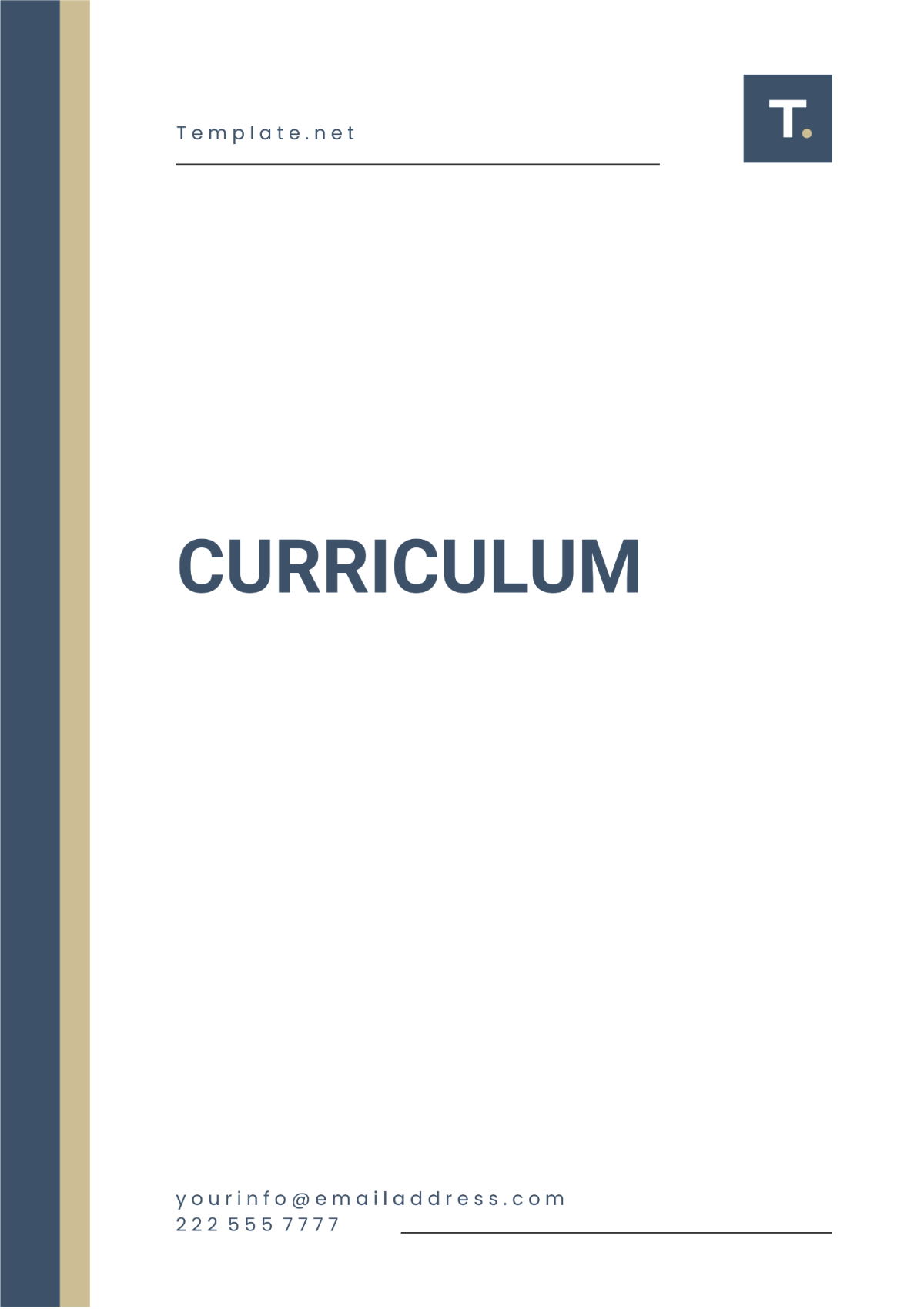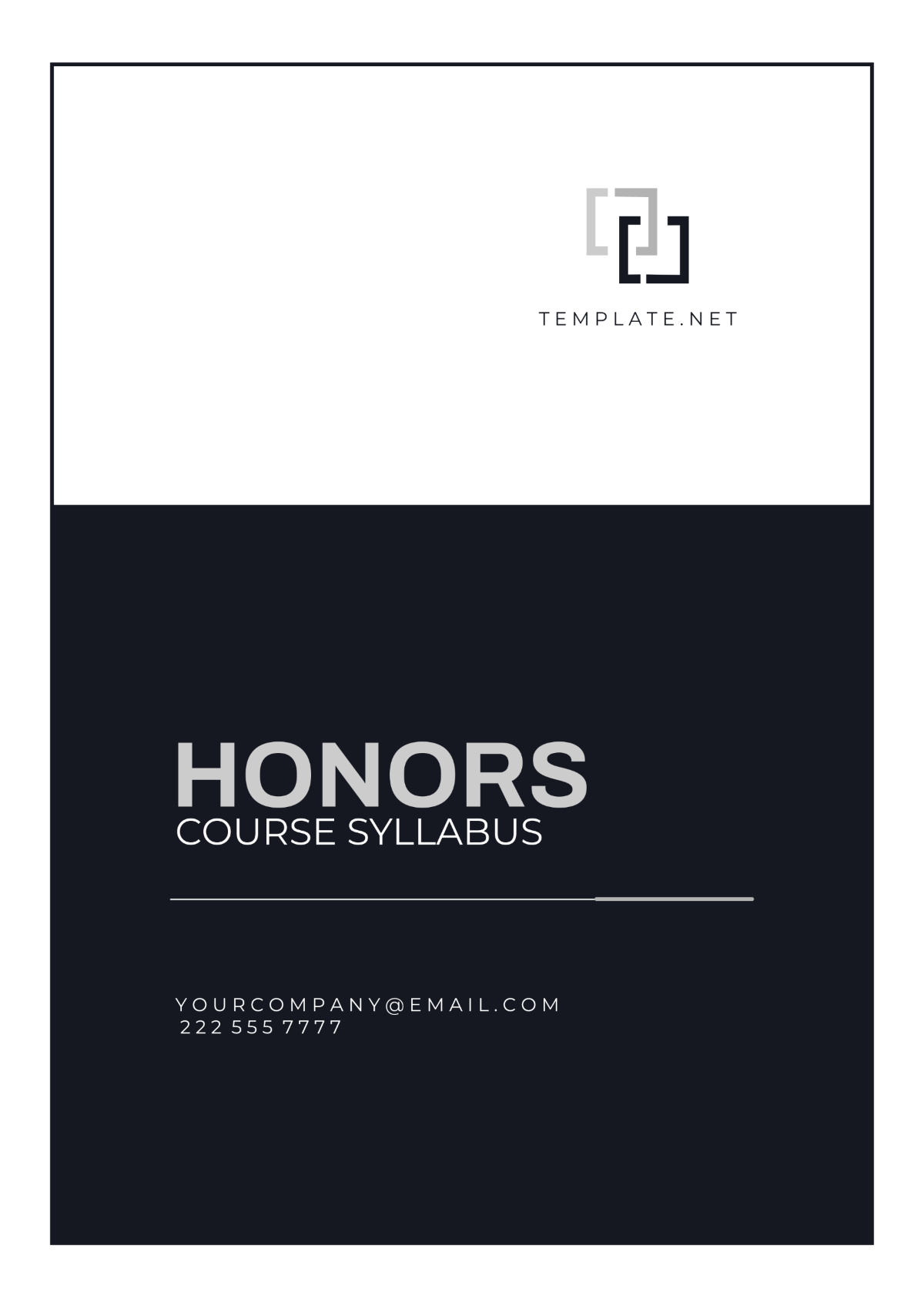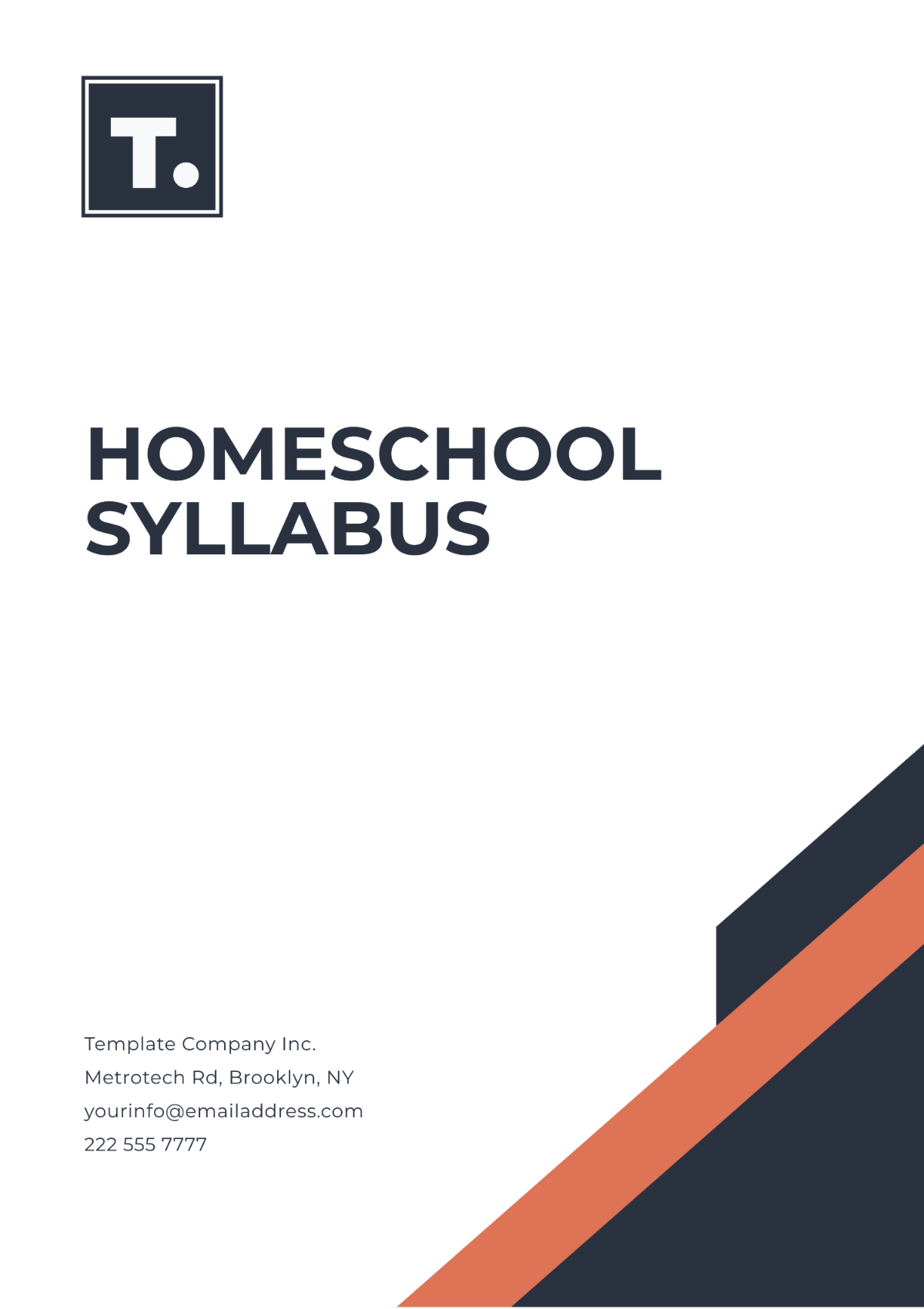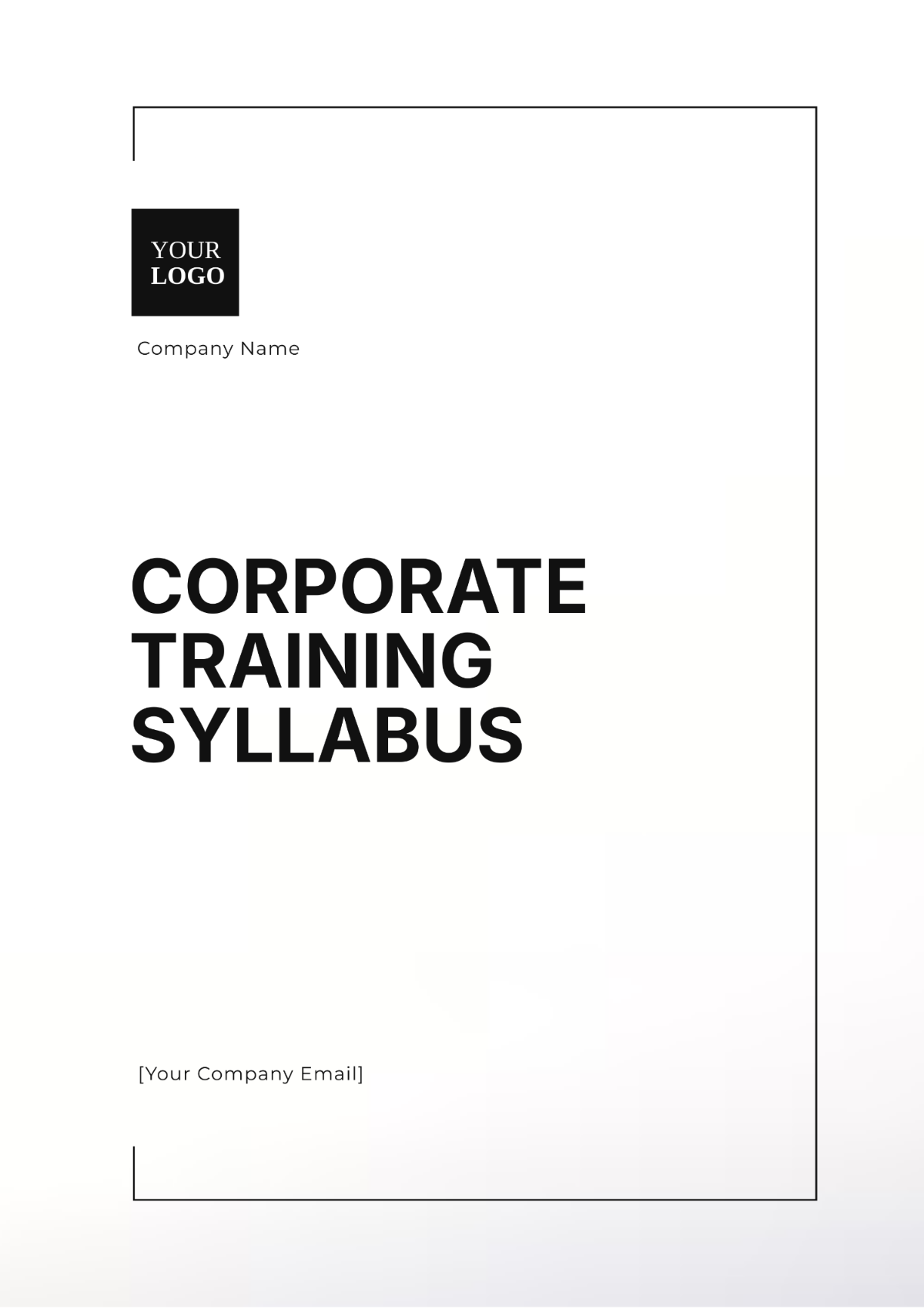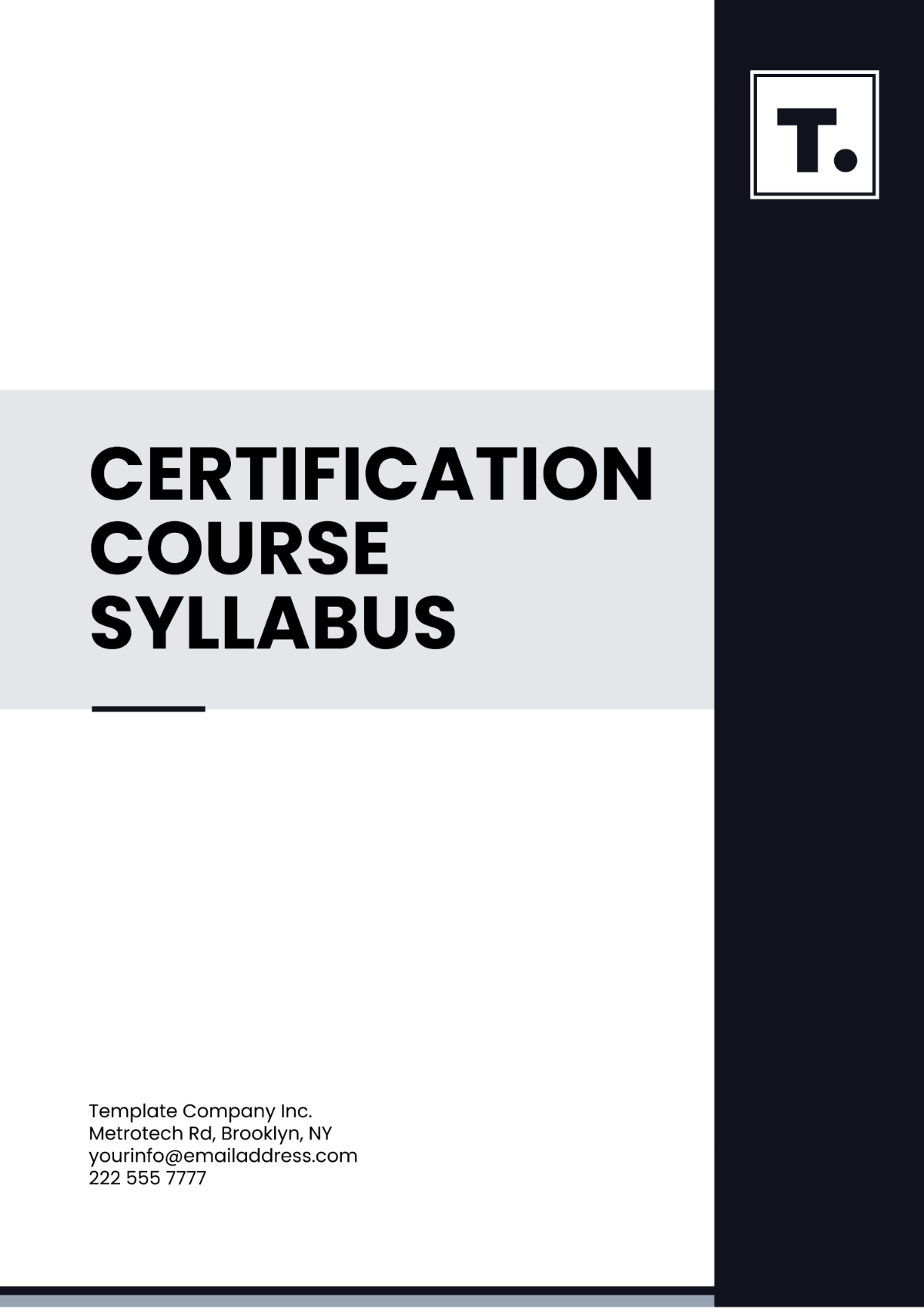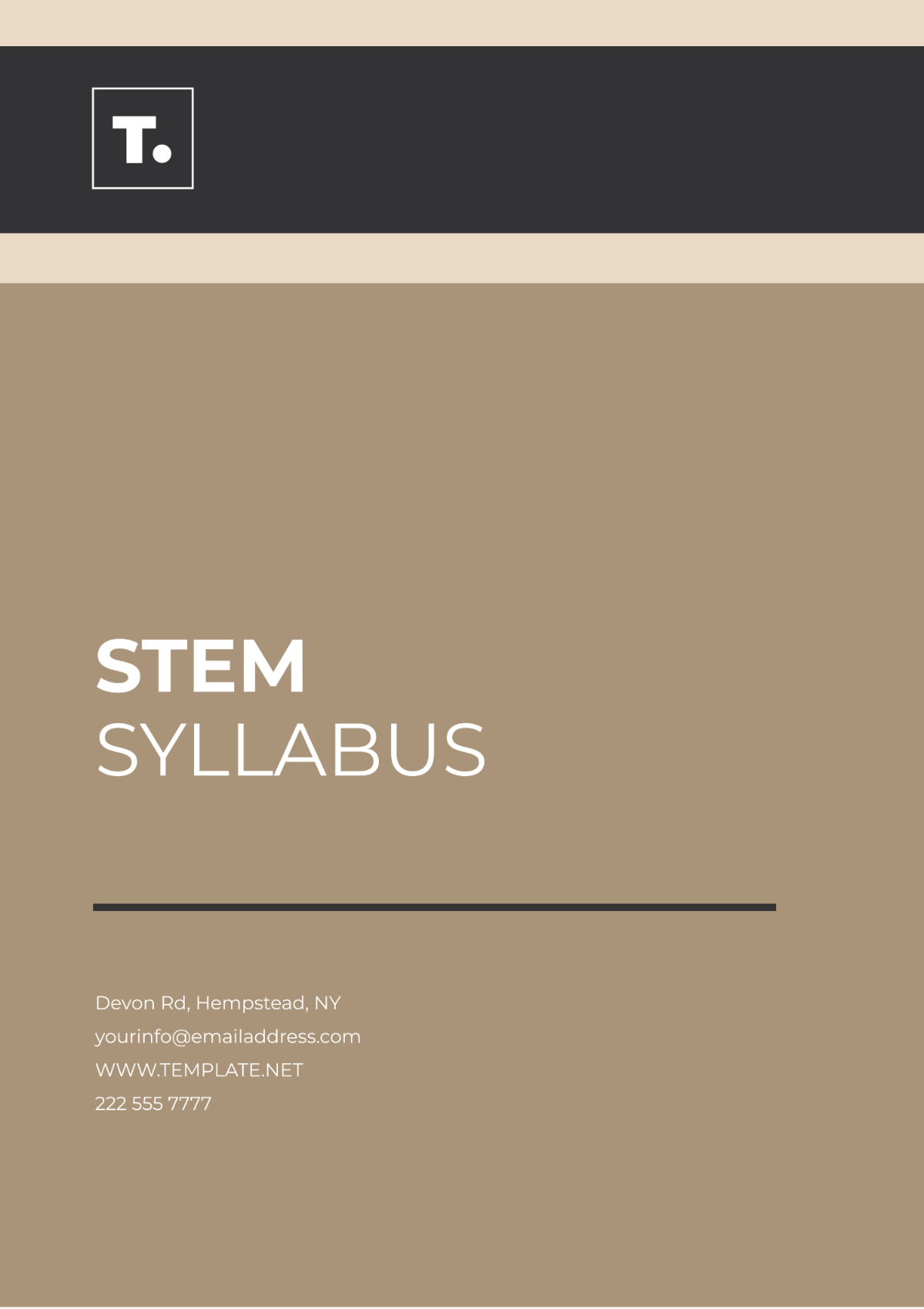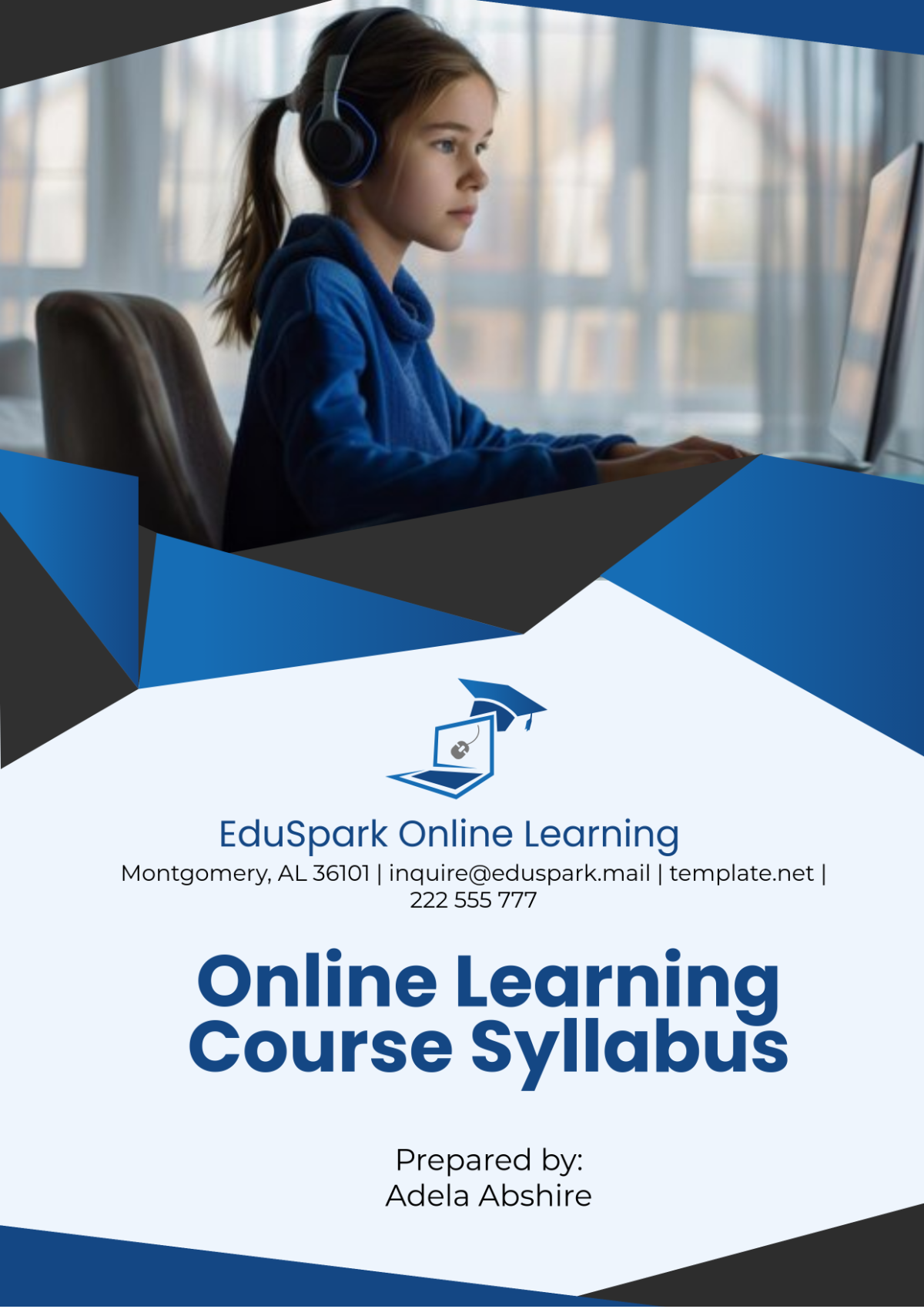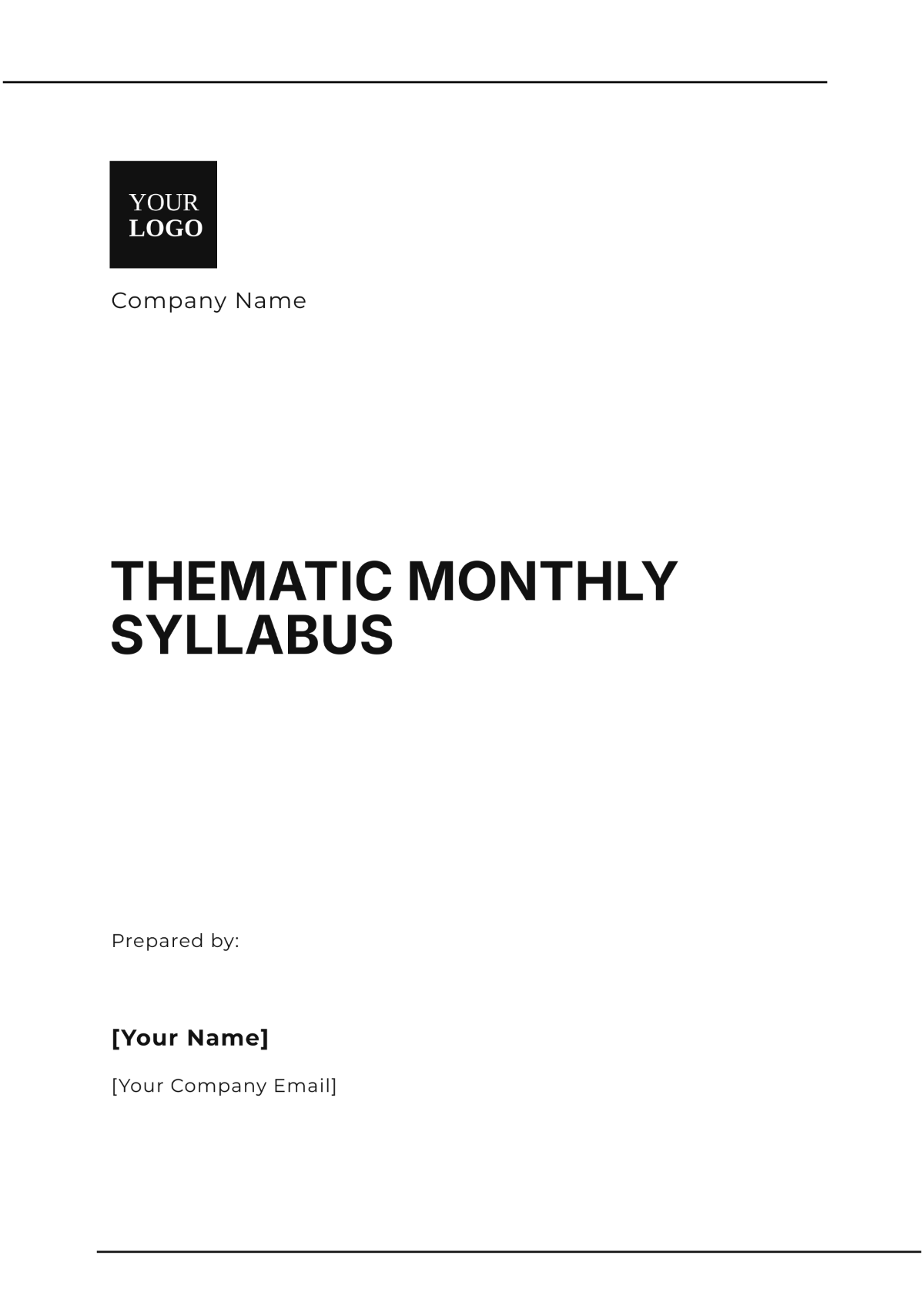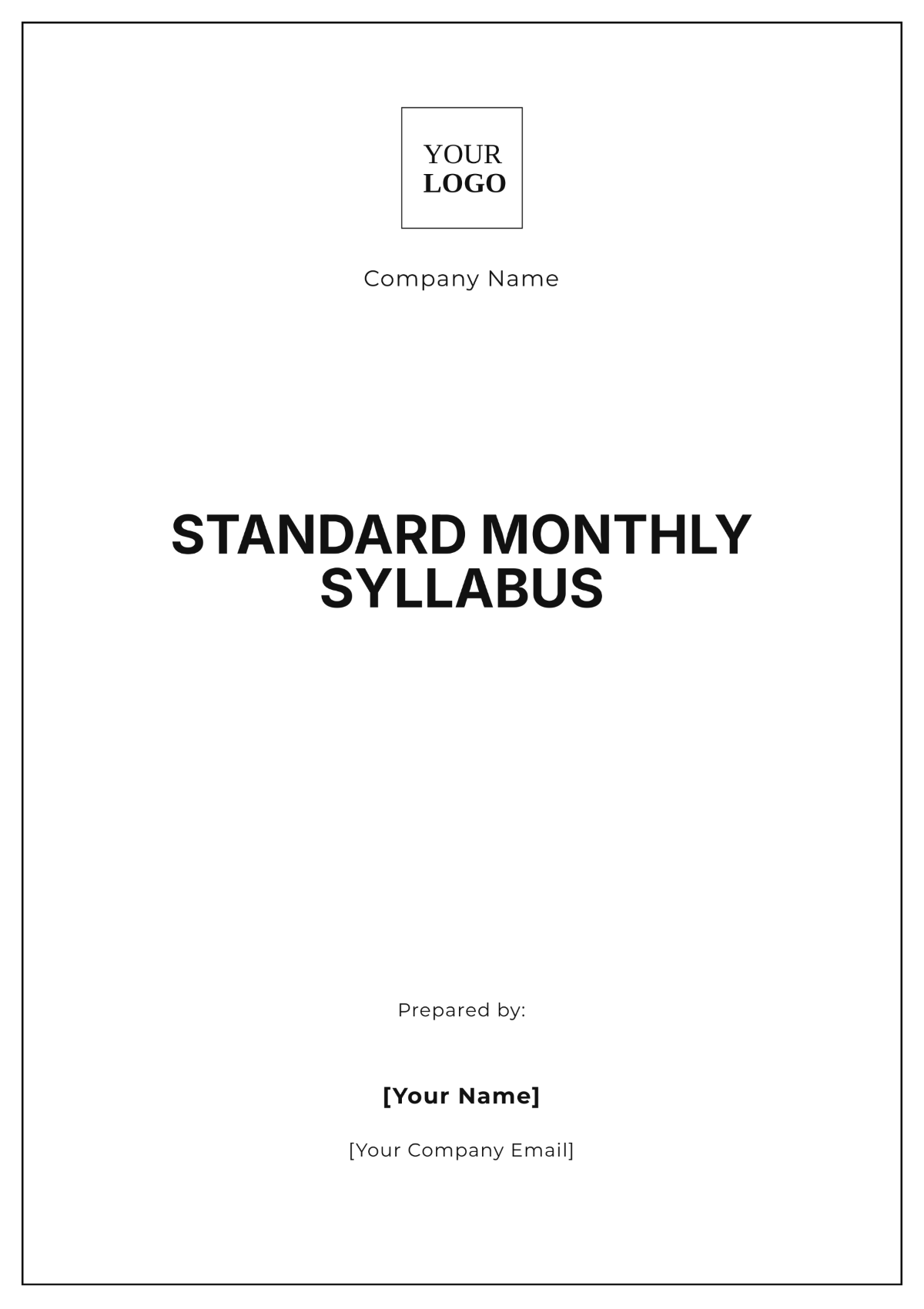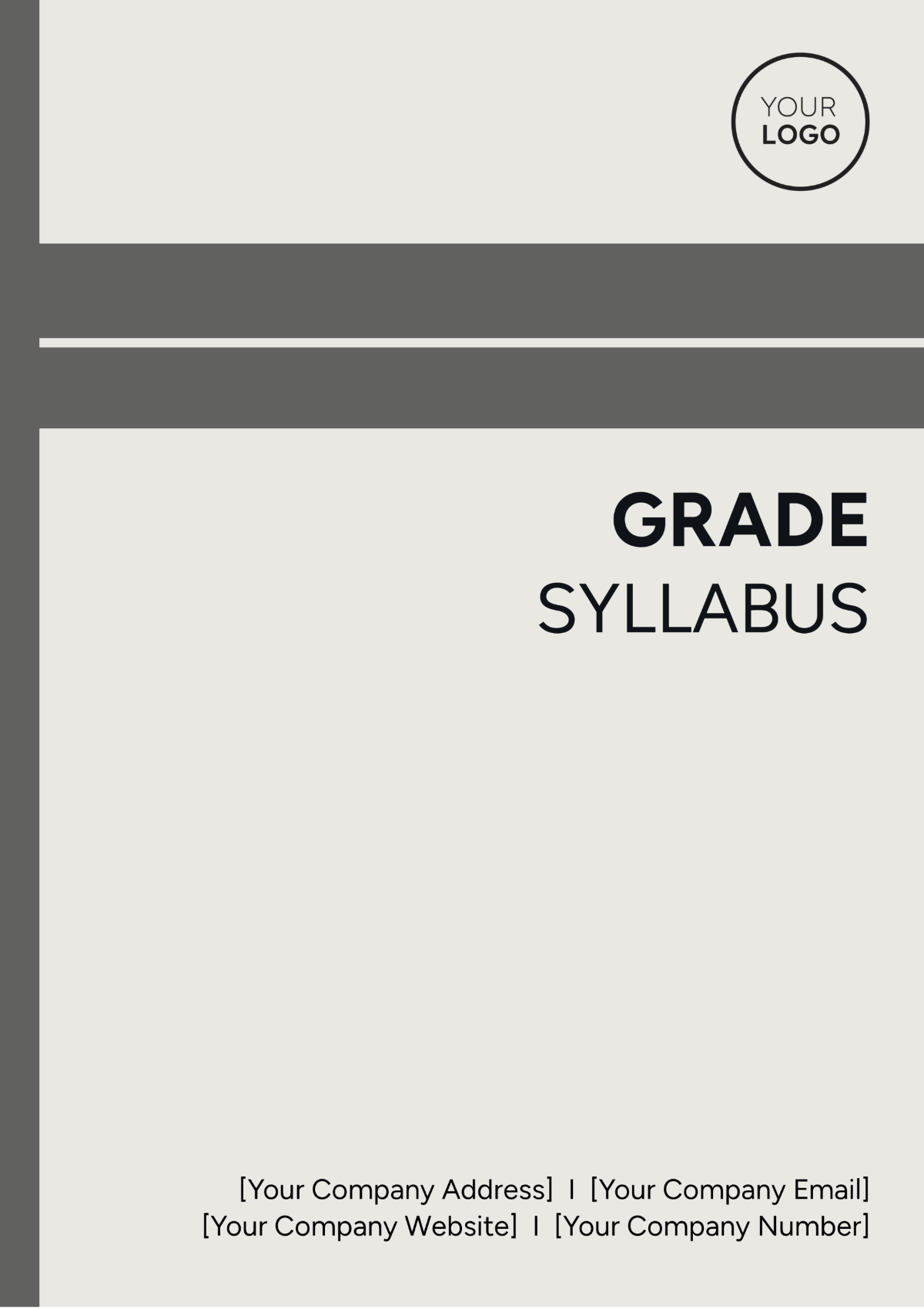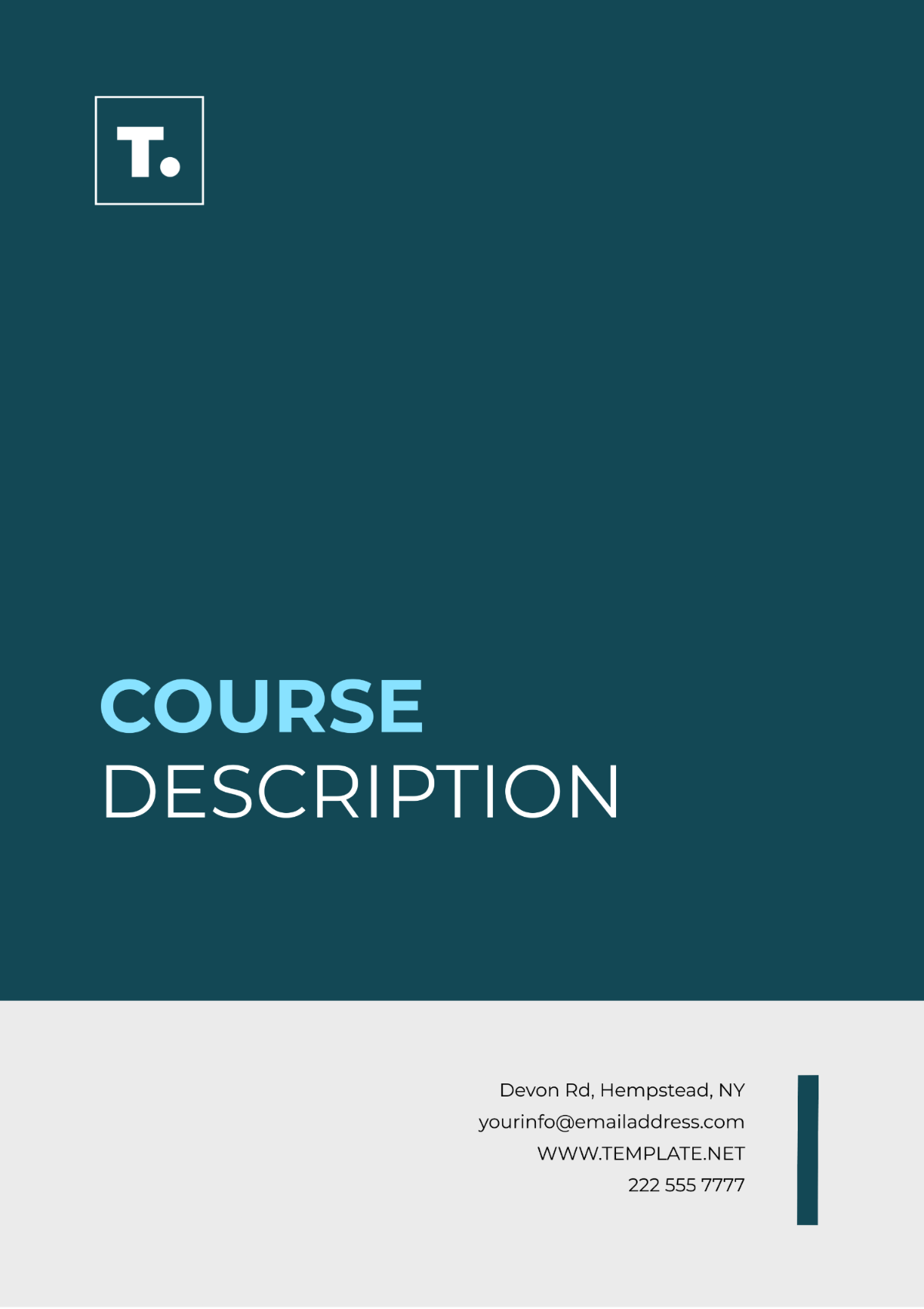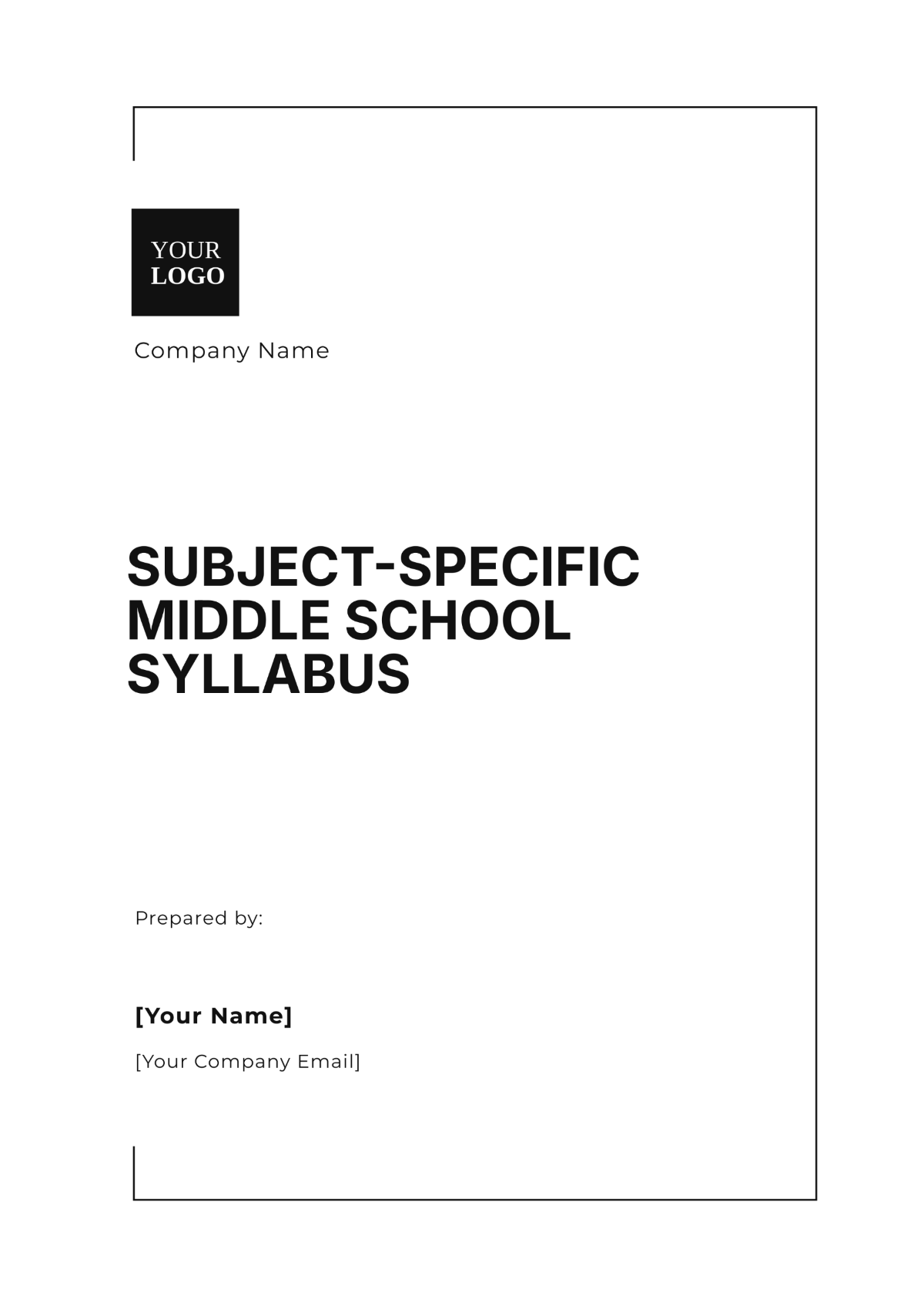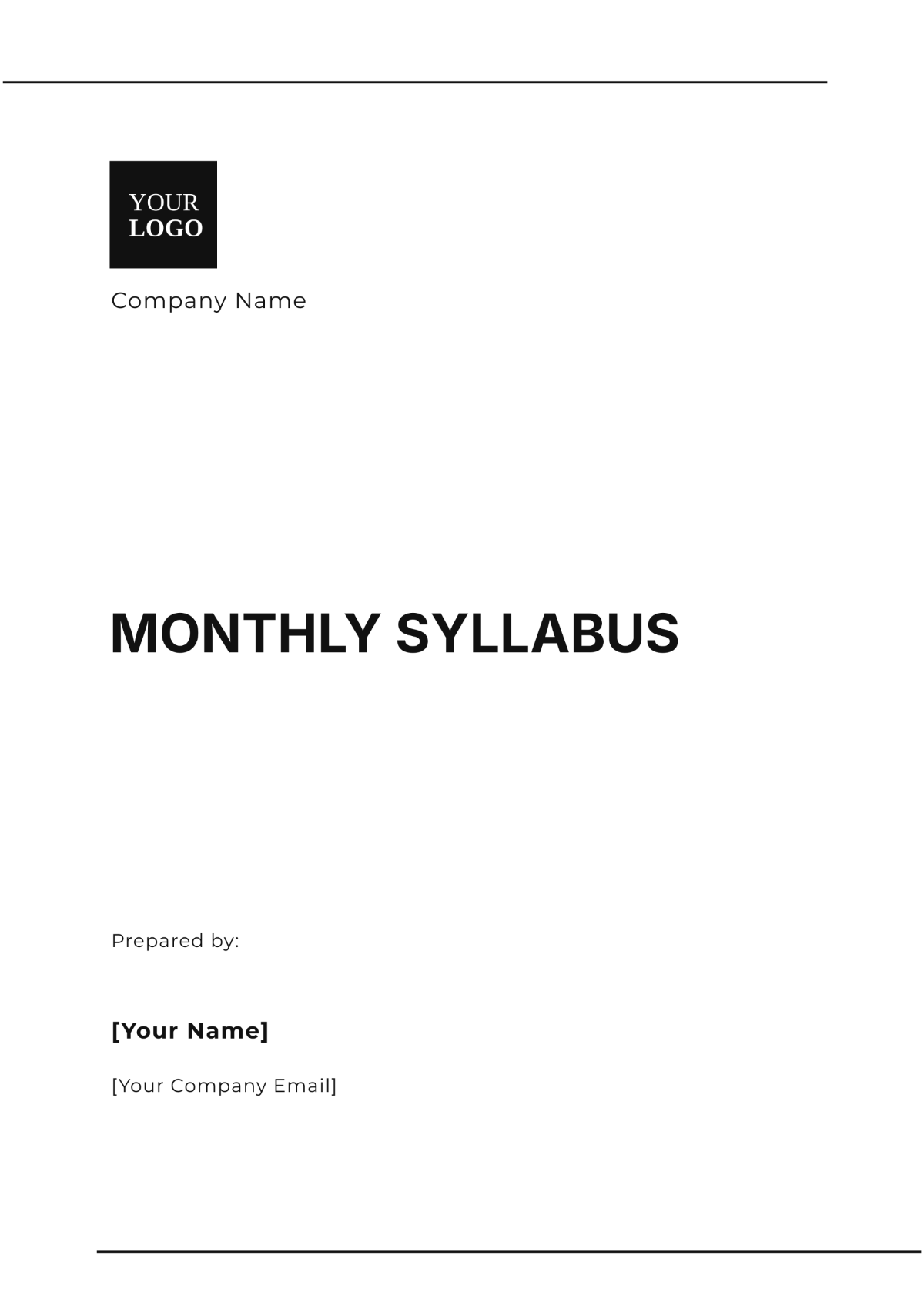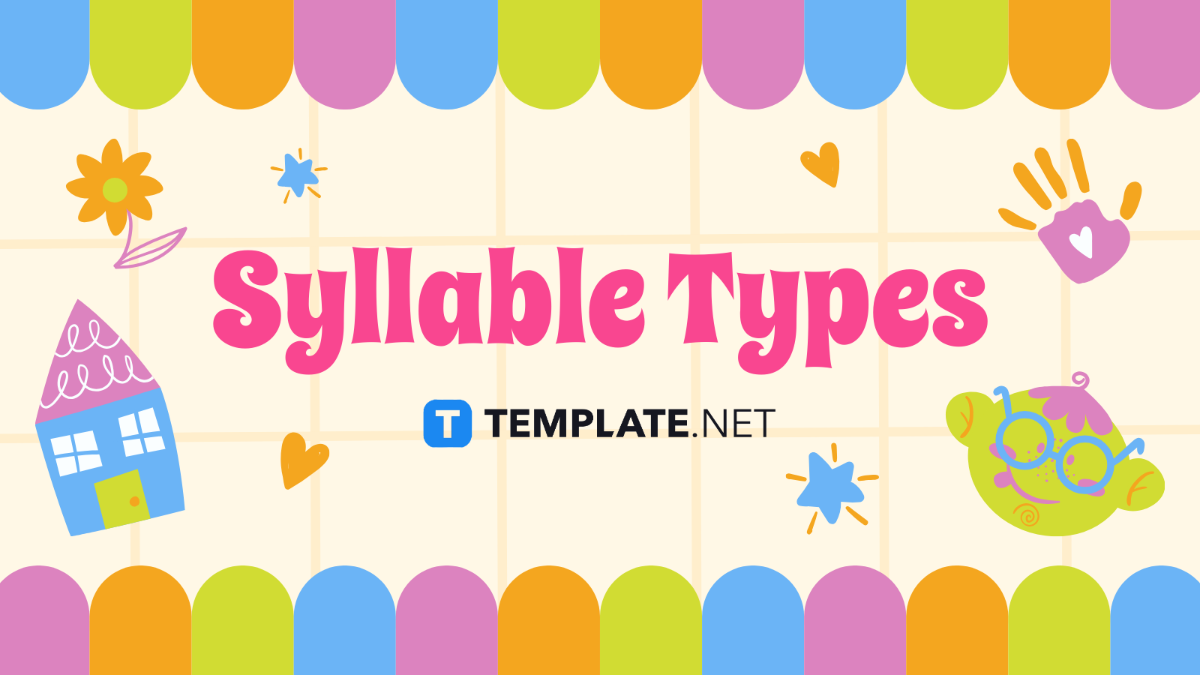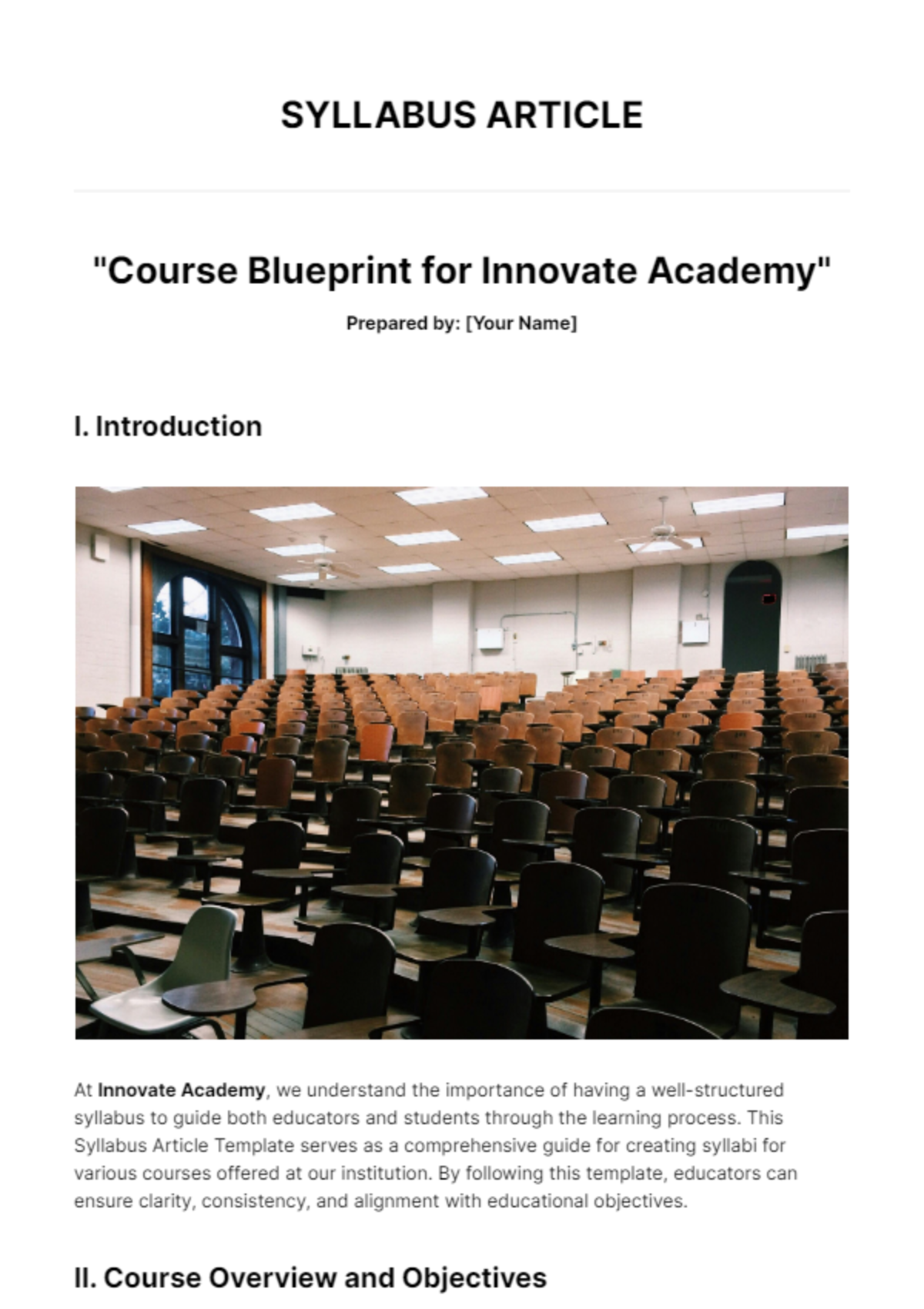Free Baking Syllabus Template
Baking Syllabus
Baking Course
Course Title | [COURSE TITLE] |
Course Code | [COURSE CODE] |
Office Hours | [OFFICE HOURS] |
Class Location | [CLASS LOCATION] |
Class Time | [CLASS TIME] |
Class Duration | [DATE] - [DATE] |
1. Course Description
Welcome to our online bread baking course. This course is designed for baking enthusiasts who wish to transform their flour, water, and yeast into delicious loaves of bread. We will explore the science behind baking, understand different types of flours and grains, master kneading techniques, and learn about the various types of bread. This course will hone your baking skills through step-by-step instructional videos, reading materials, worksheets, and practical baking assignments.
2. Instructor Information
Instructor: [Your Name]
Email: [Your Email]
Organization: [Your Company Name]
3. Learning Objectives
Understand the science behind bread making.
Identify different types of flour and their characteristics.
Master various kneading techniques.
Learn to bake different types of bread.
Apply baking skills in practical scenarios.
4. Course Schedule
Week | Topic | Assignment |
|---|---|---|
1 | Introduction to Baking | Quiz on flour types |
2 | Kneading Techniques | Baking assignment: Basic white bread |
3 | Baking Artisan Bread | Baking assignment: Artisan bread |
4 | Baking Gluten-free Bread | Baking assignment: Gluten-free bread |
5 | Baking with Different Grains | Baking assignment: Multigrain bread |
5. Required Reading and Materials
"Flour Water Salt Yeast" by Ken Forkish
"The Bread Baker's Apprentice" by Peter Reinhart
"Bread" by Jeffrey Hamelman
"The Fresh Loaf Pocket Book of Bread Baking"
Access to quality baking ingredients and equipment
6. Assignments and Assessments
Weekly quizzes on baking theory
Weekly baking assignments
Participation in discussion forums
Final project: Baking your own recipe
Final comprehensive exam on baking theory and practical skills
7. Course Policy
All assignments and quizzes are due as per the schedule.
Practical assignments need step-by-step photo documentation.
In case of any query or difficulty, email the instructor directly.
Active participation in discussion forums.
Only original work is accepted; any plagiarism is grounds for course failure.
8. Grading Policy
Criteria | Percentage |
|---|---|
Quizzes | 30% |
Assignments | 40% |
Participation | 10% |
Final Exam | 20% |
Total | 100% |
Disclaimer
The syllabus that is currently being shared with you is intended to serve a specific purpose; it should mainly act as a primary guide for the upcoming course or module. You should, however, be aware of one very important aspect; the information contained in the syllabus is not set in stone and there exists a likelihood that it may be subjected to various adjustments or changes as we proceed with the course or module.
But you need not worry, because, we understand the importance of being informed adequately so that you can make necessary arrangements in time. Therefore, should there be any such modifications to the syllabus, we assure you that these modifications will not take you by surprise. We will make sure to communicate any changes to you well in advance and provide you with enough notice to allow you to adapt to these changes accordingly.
